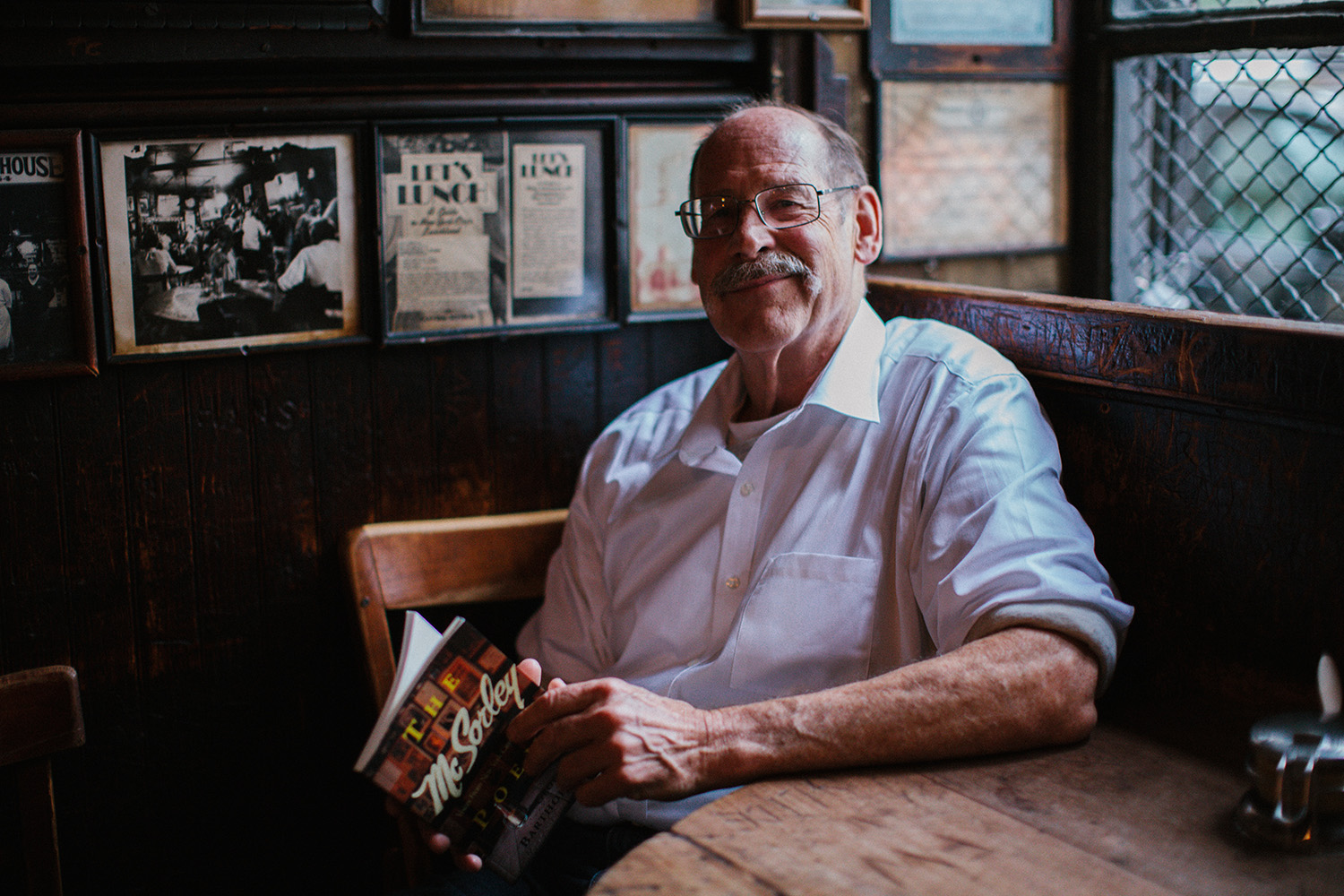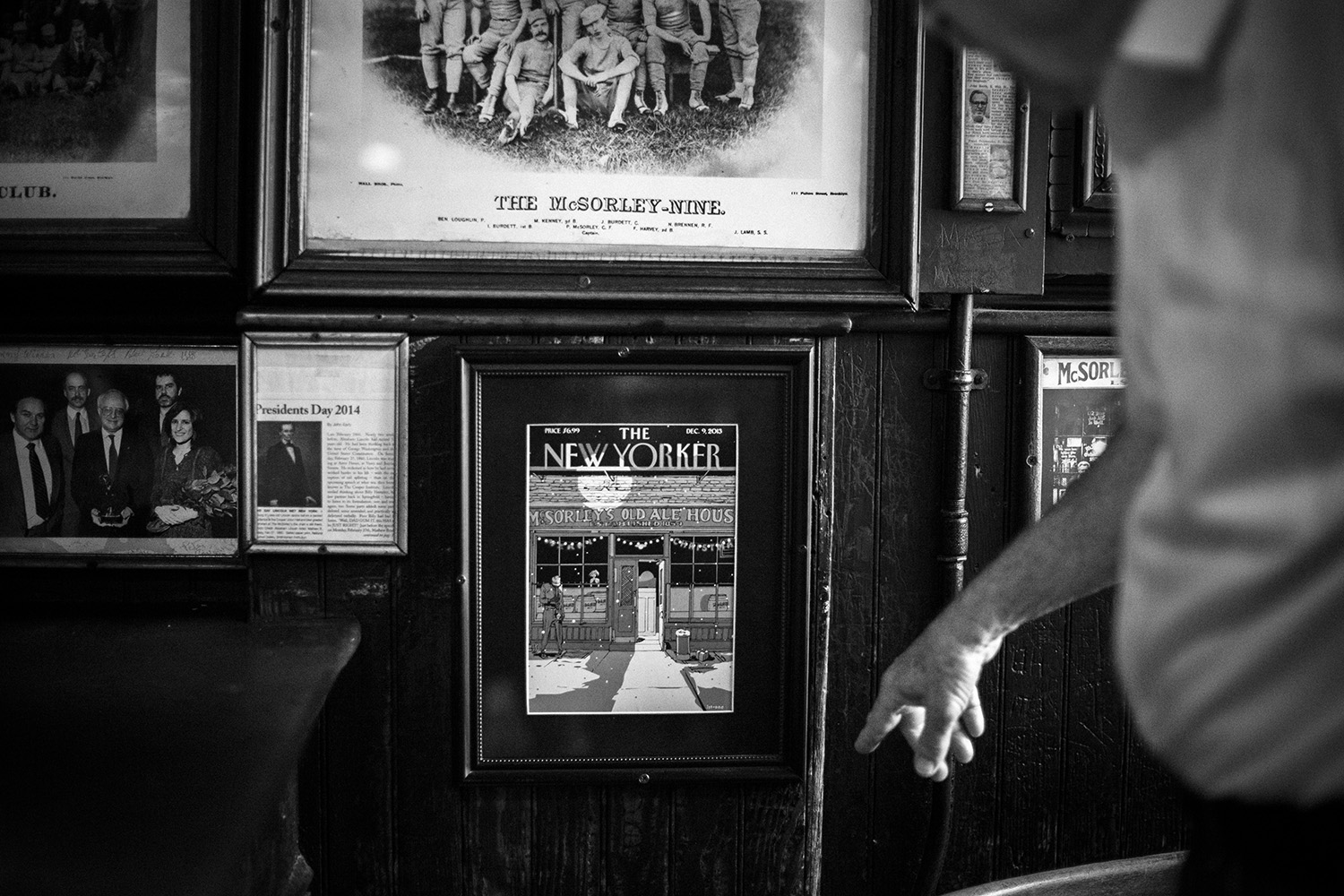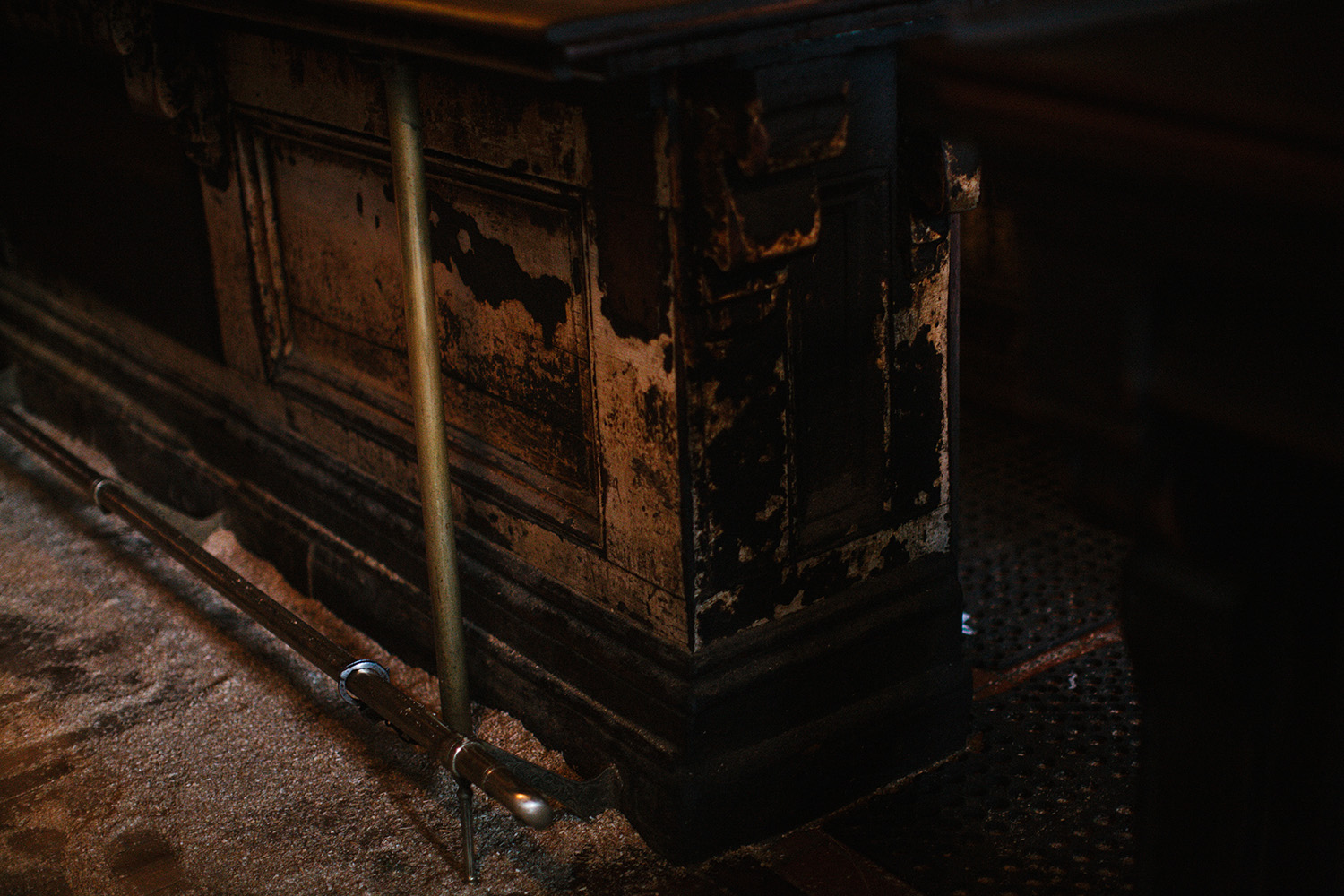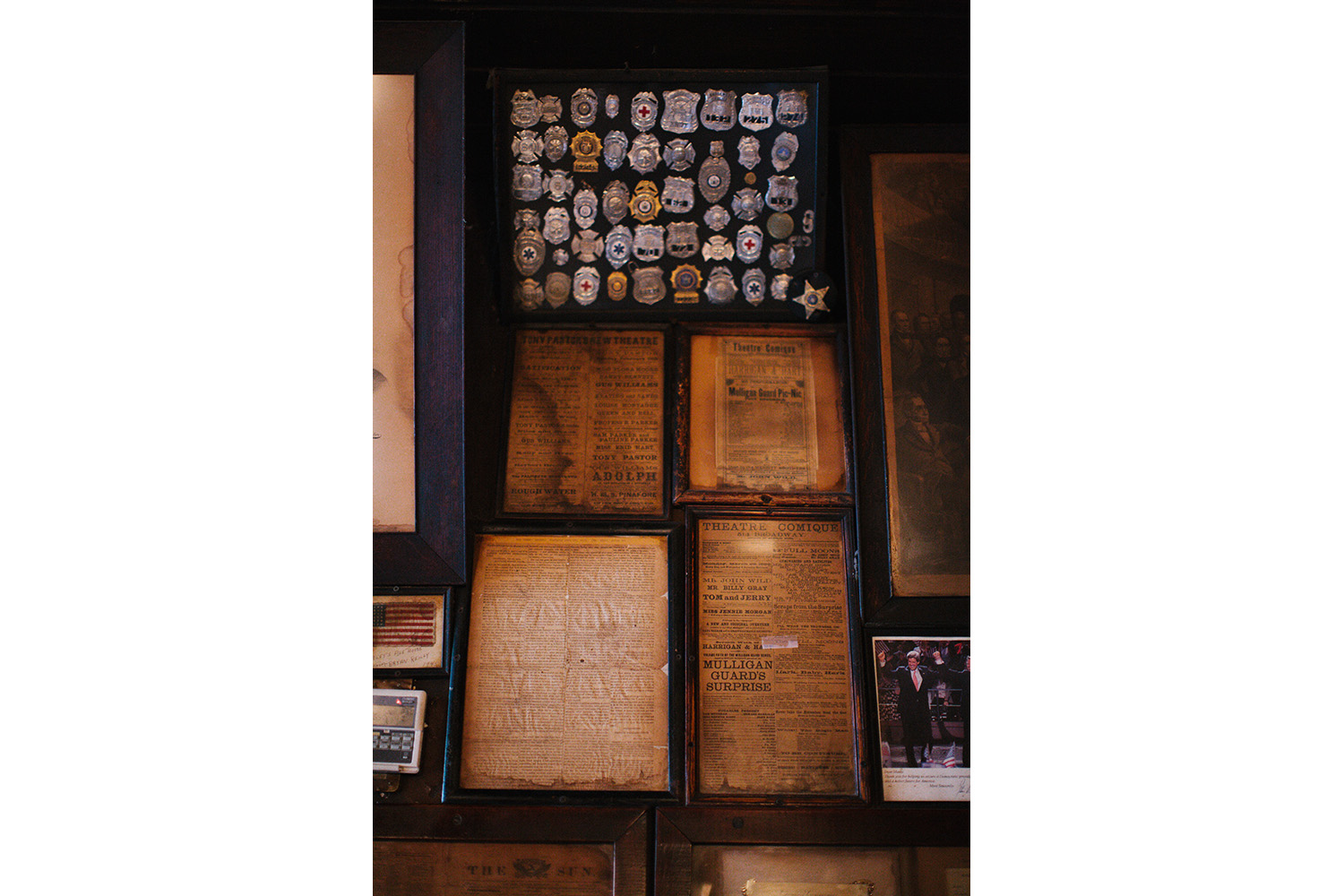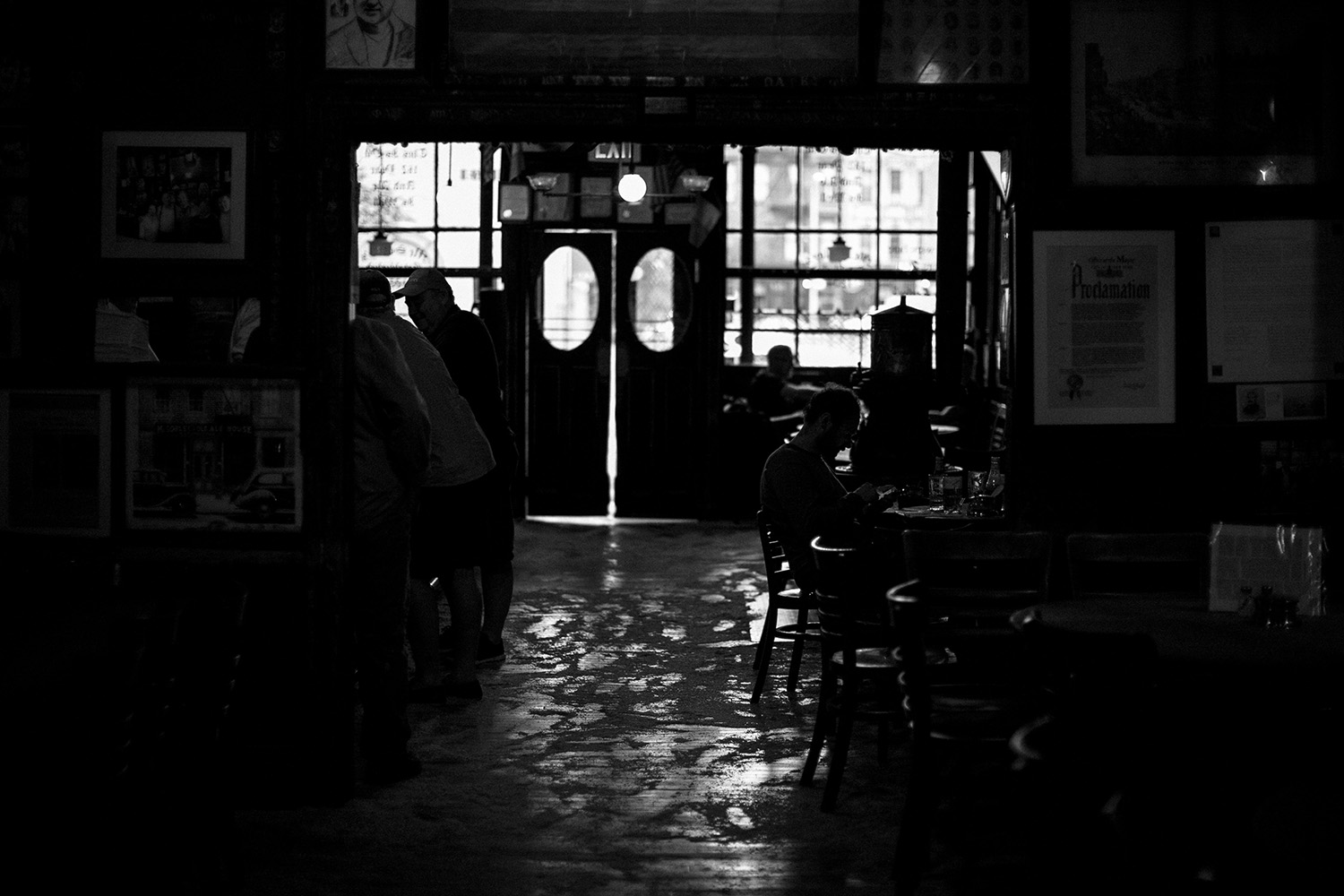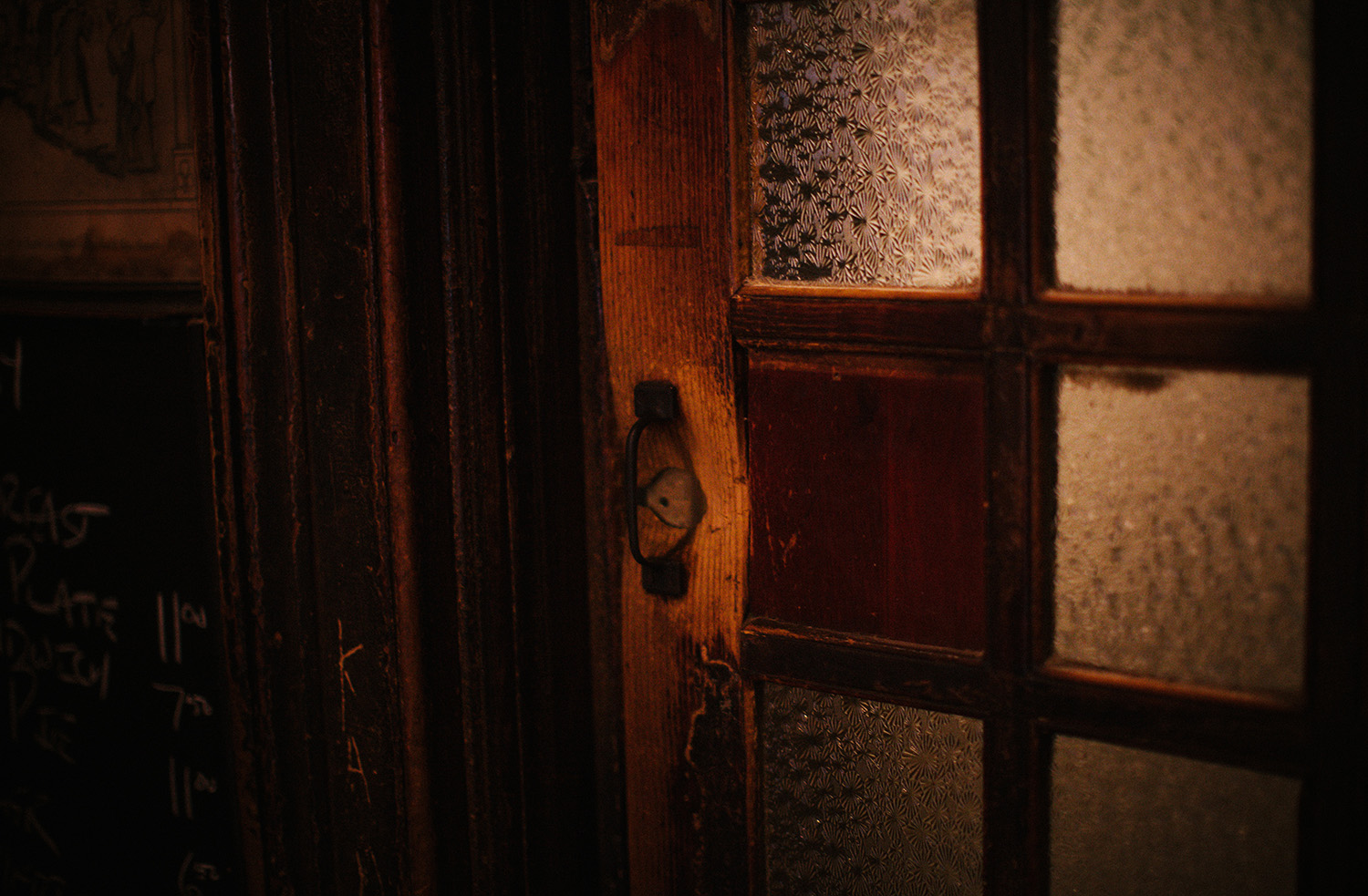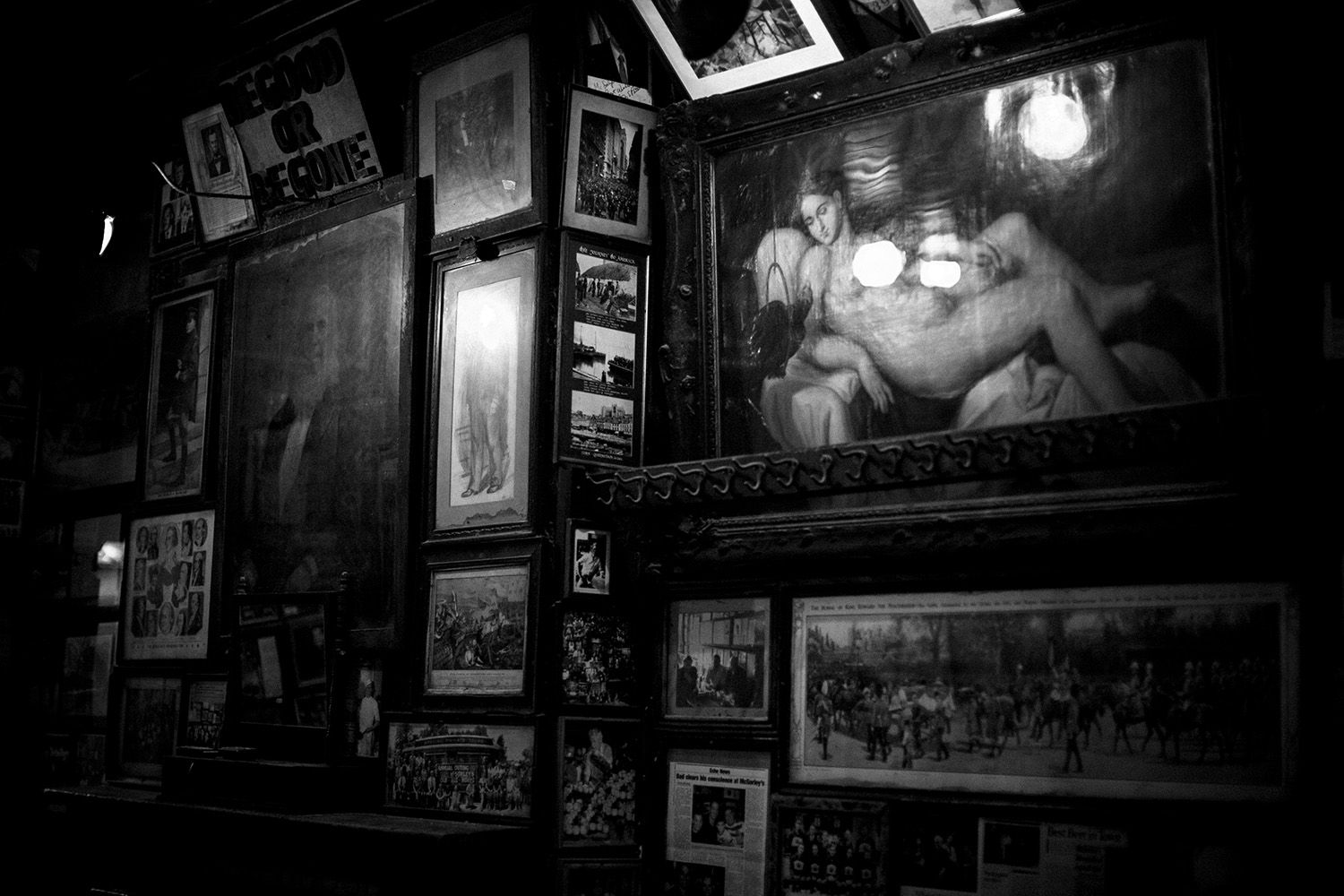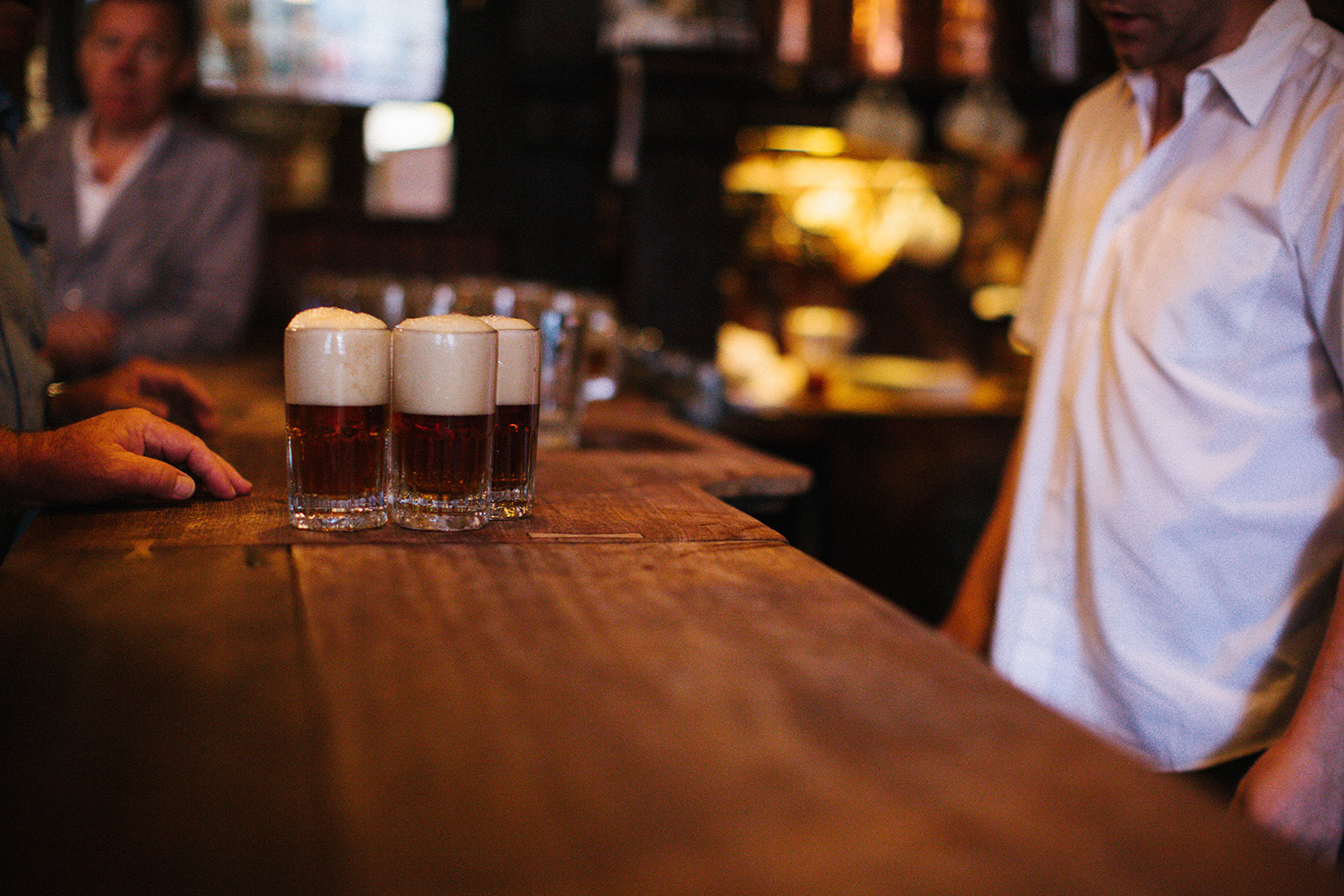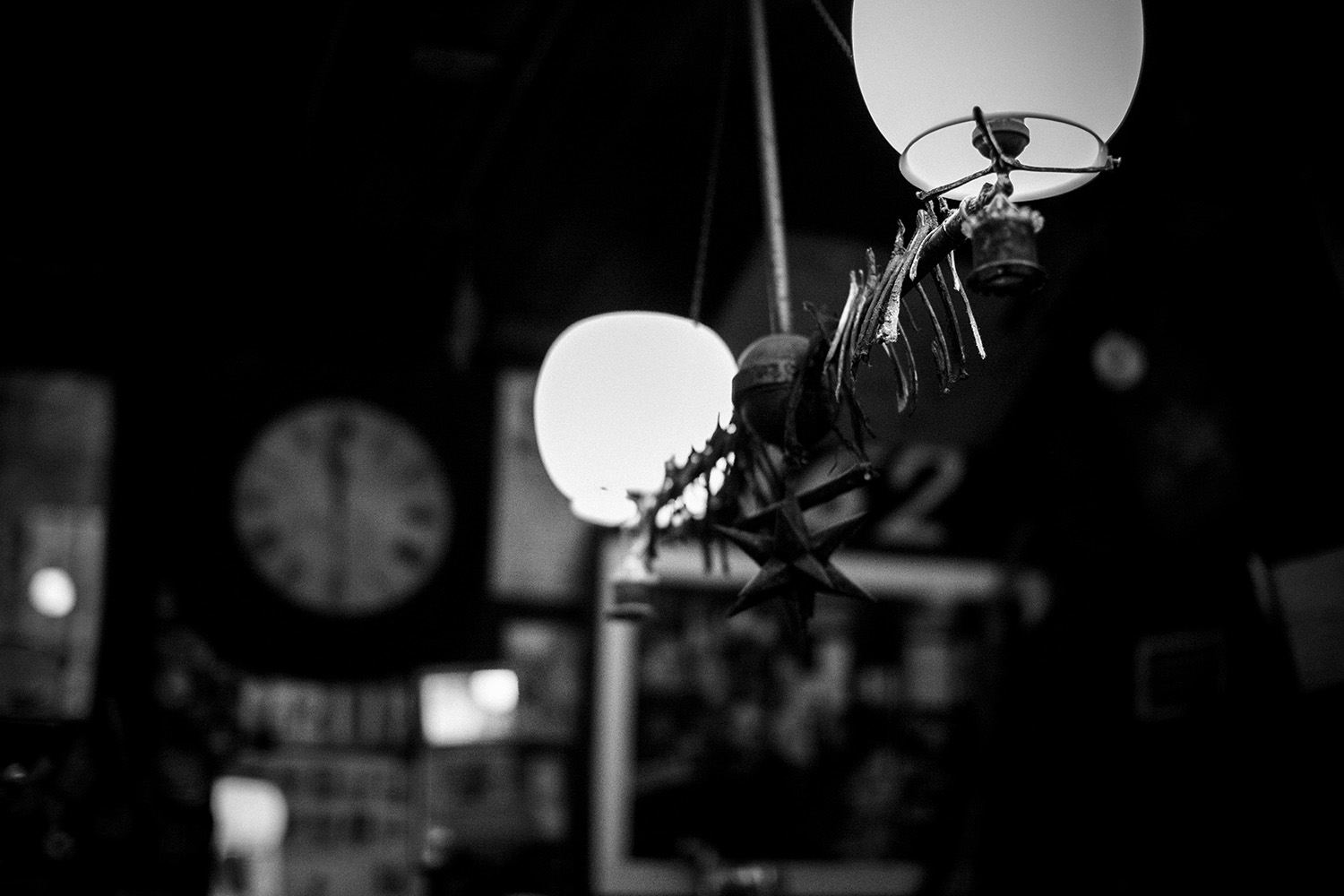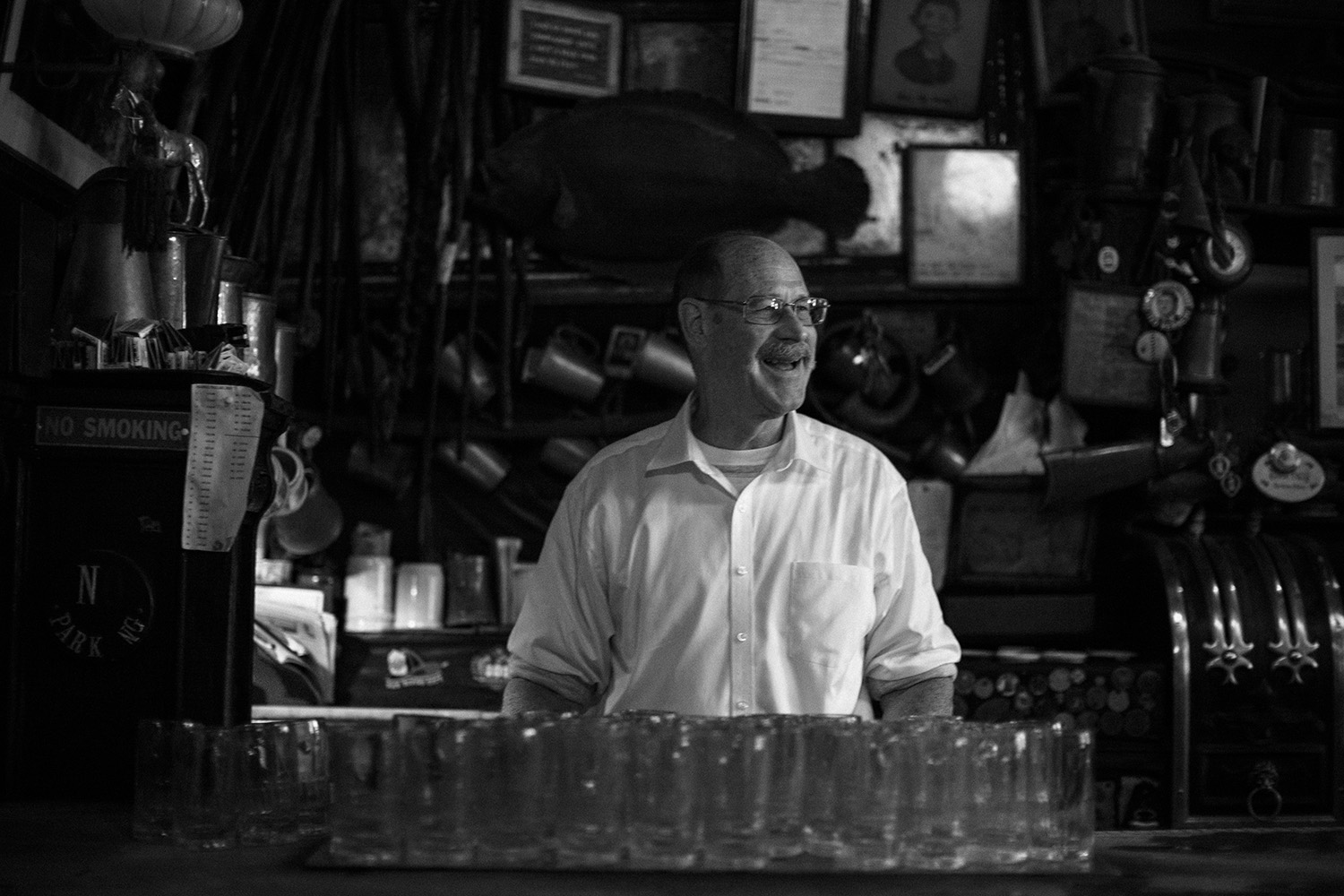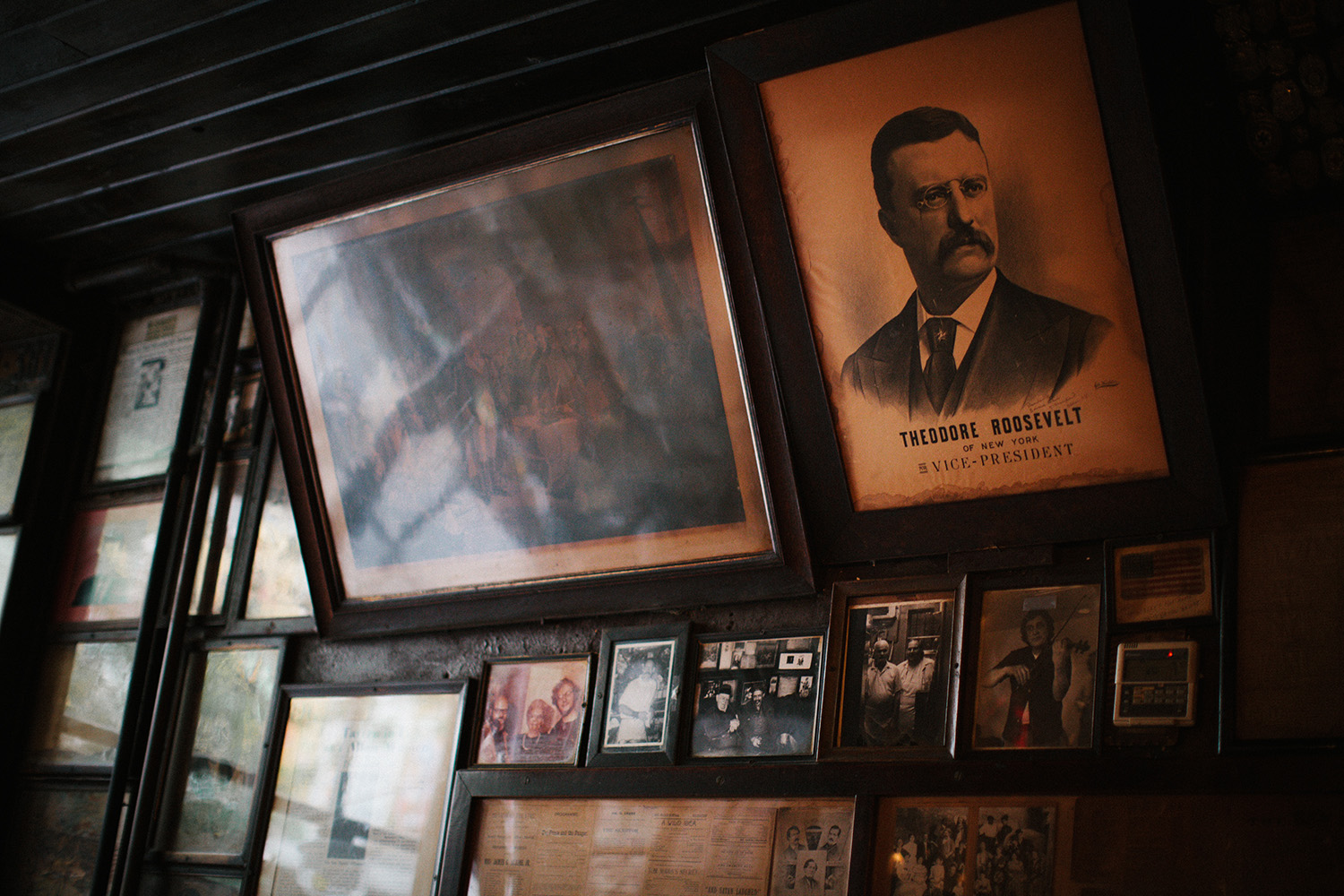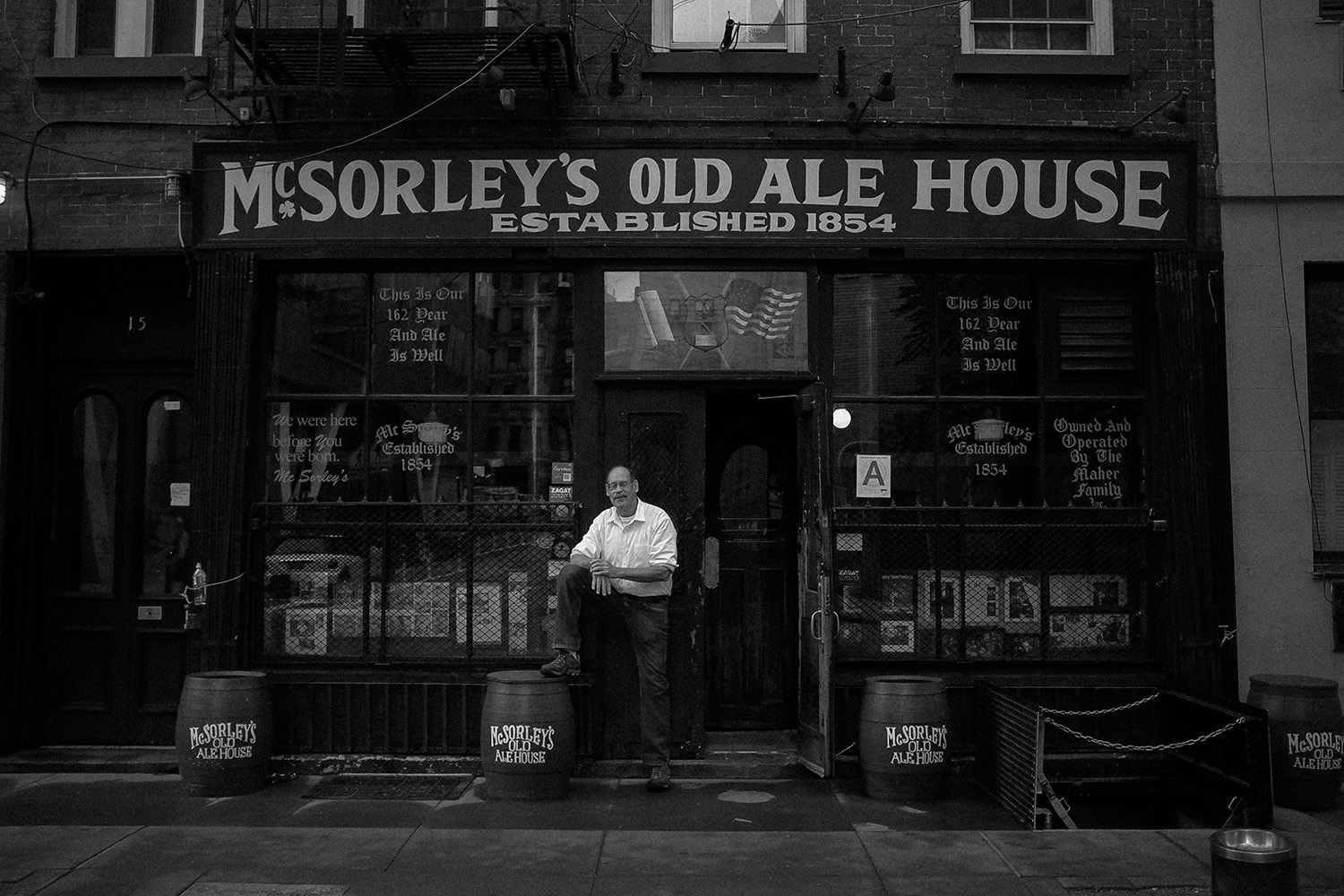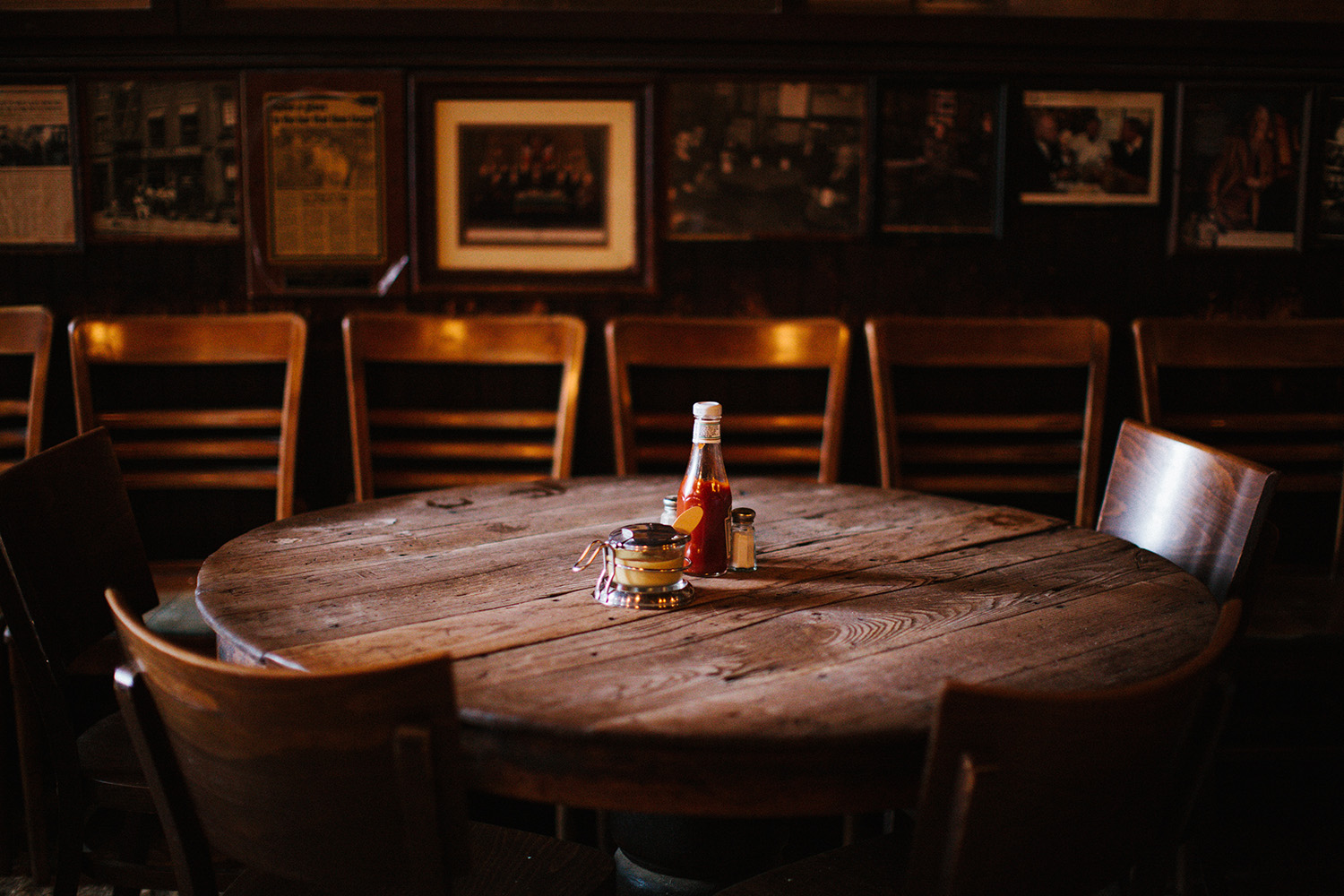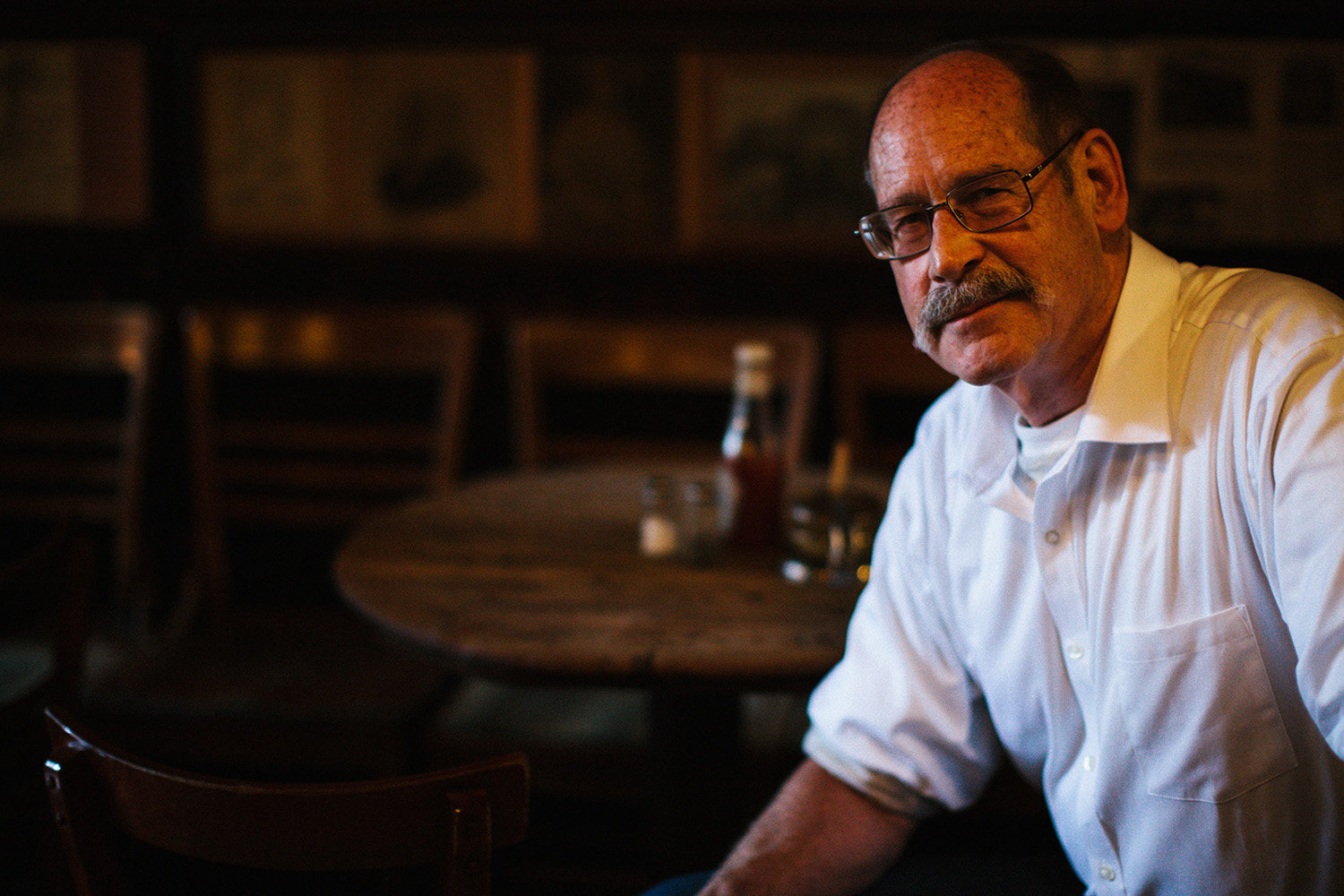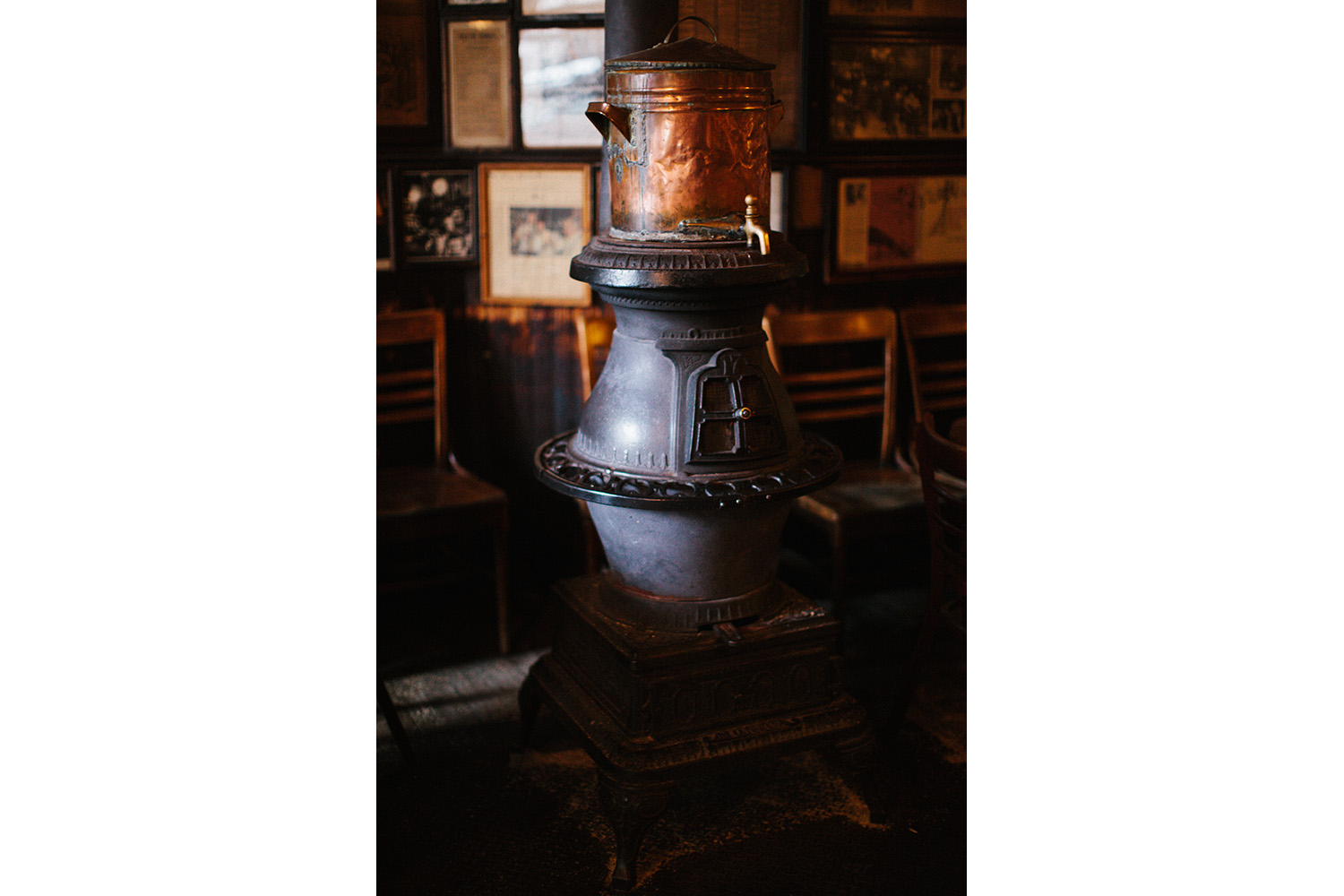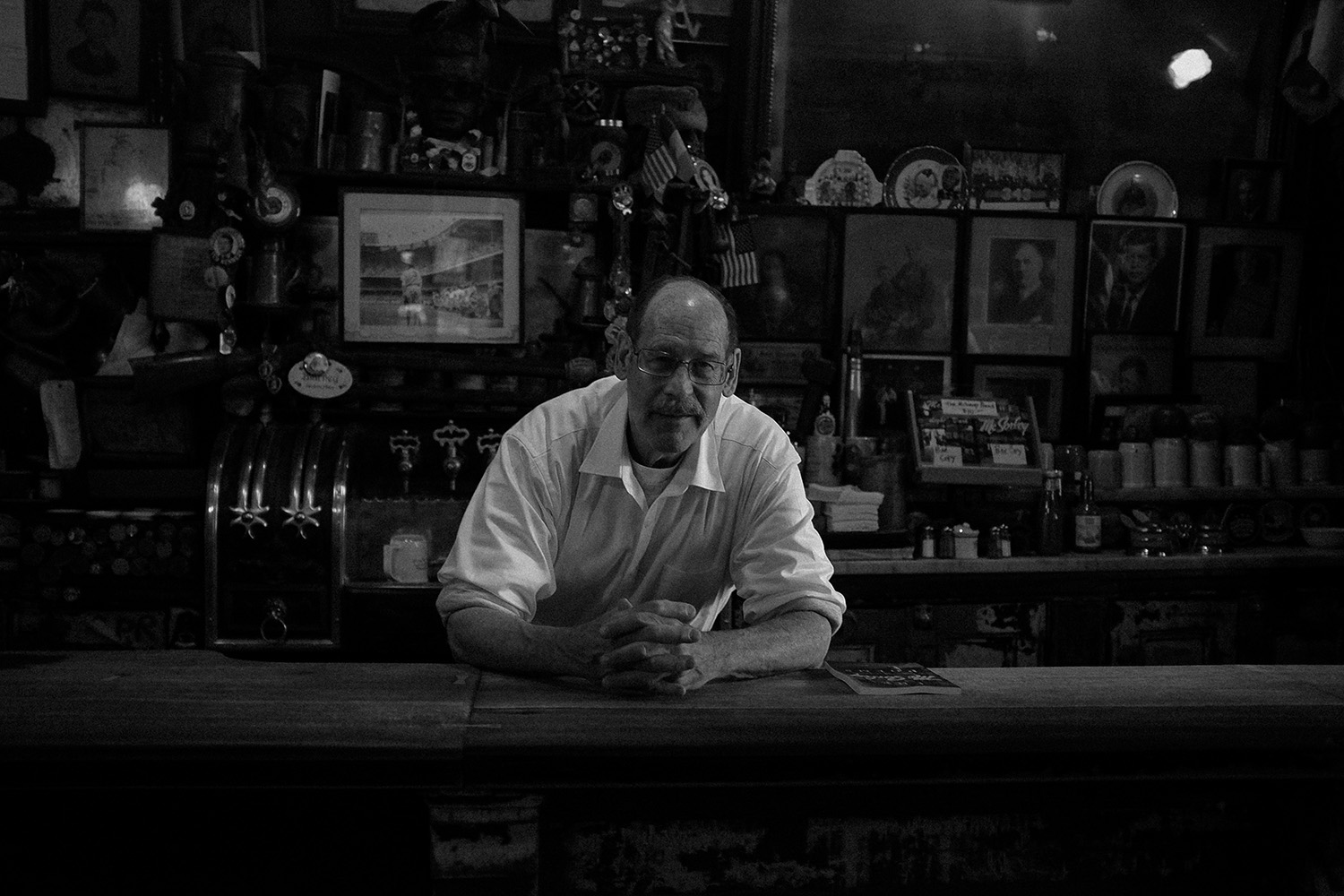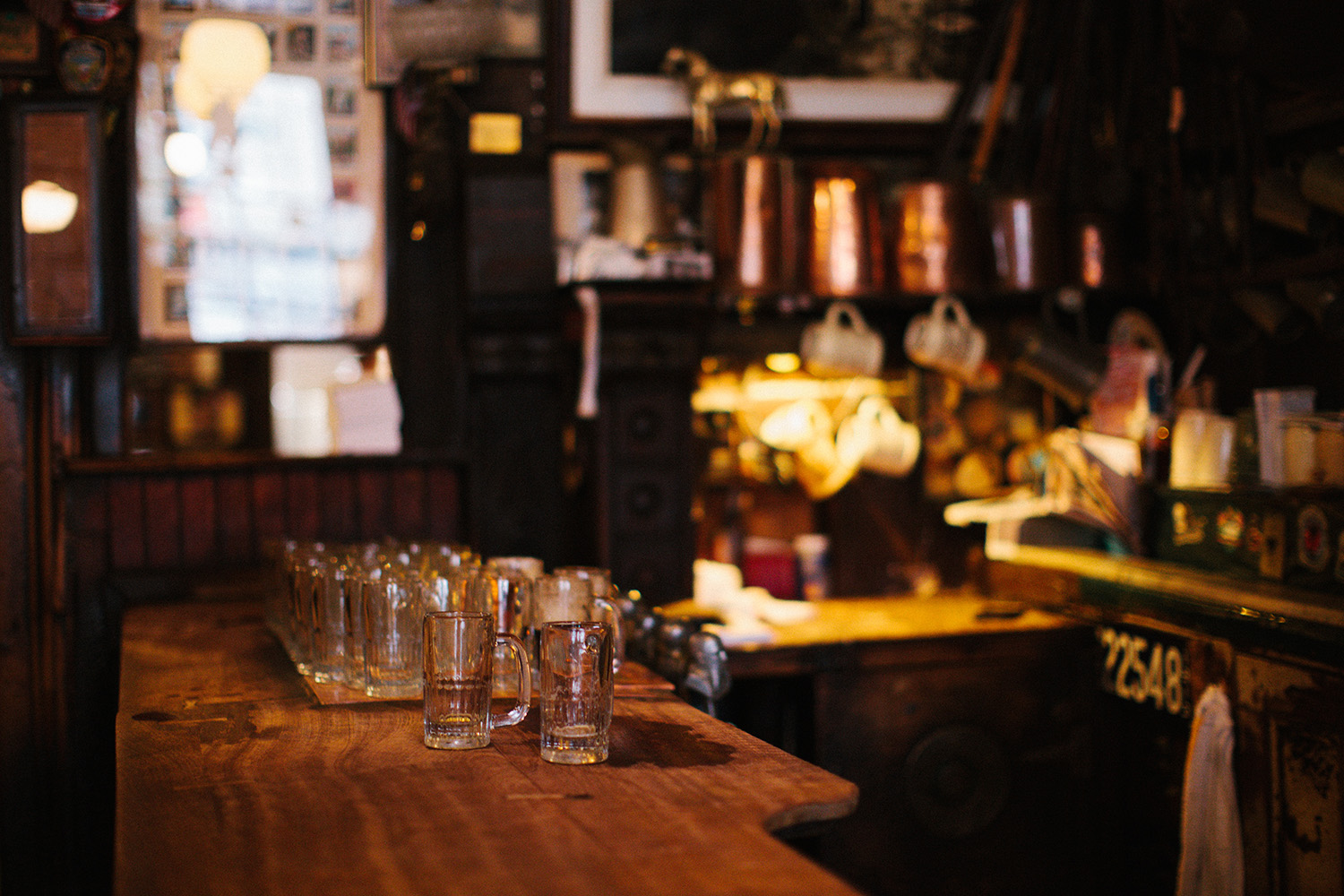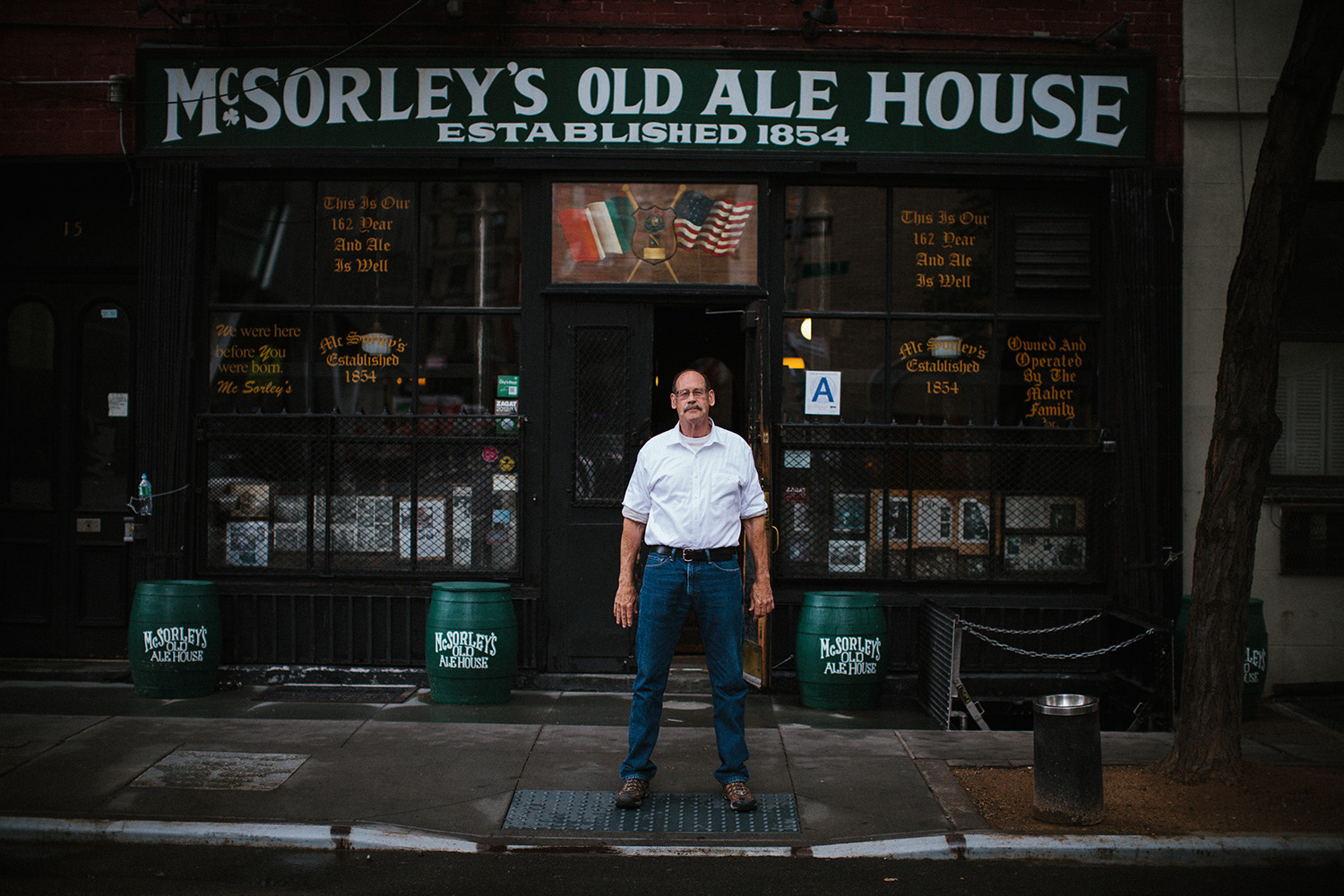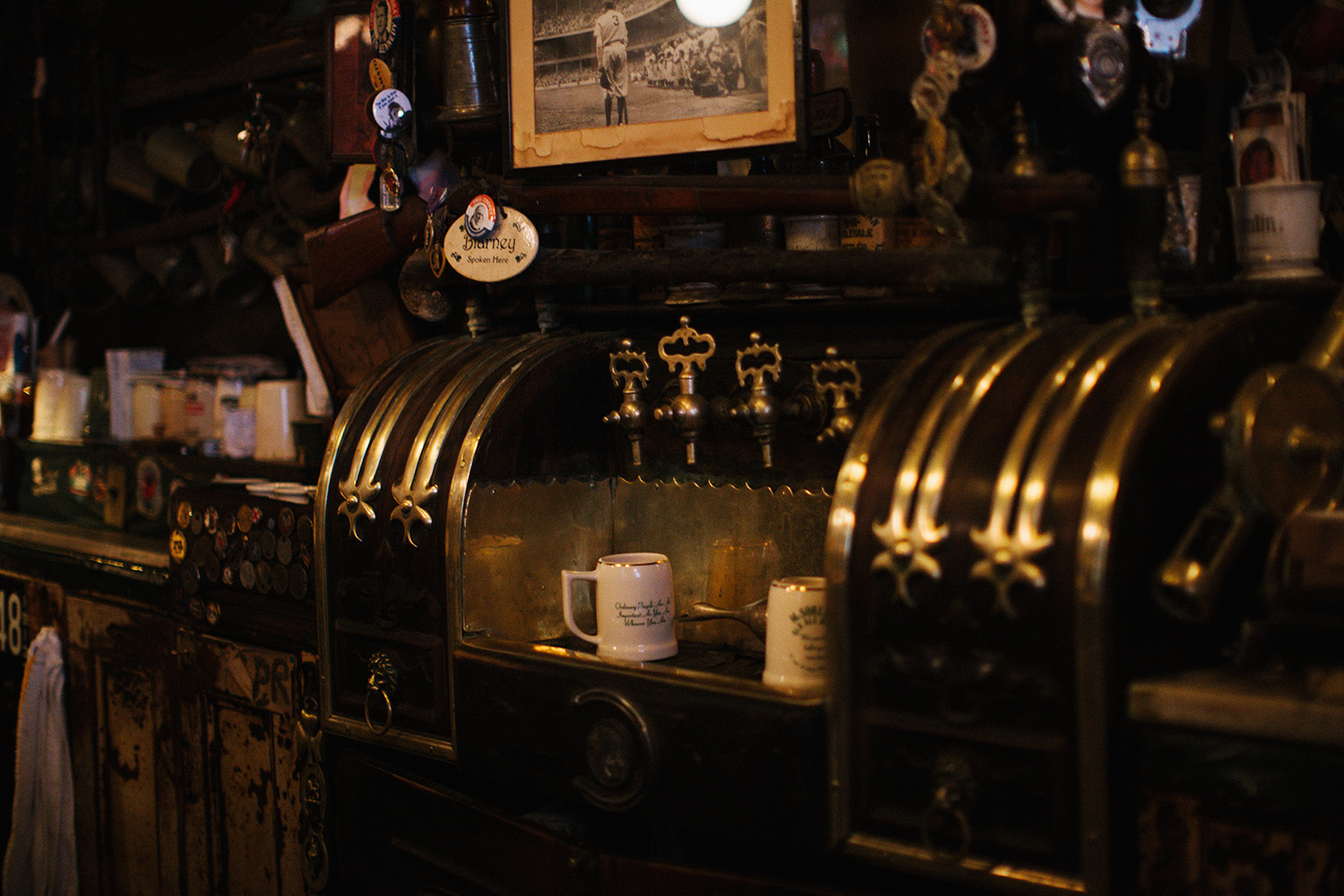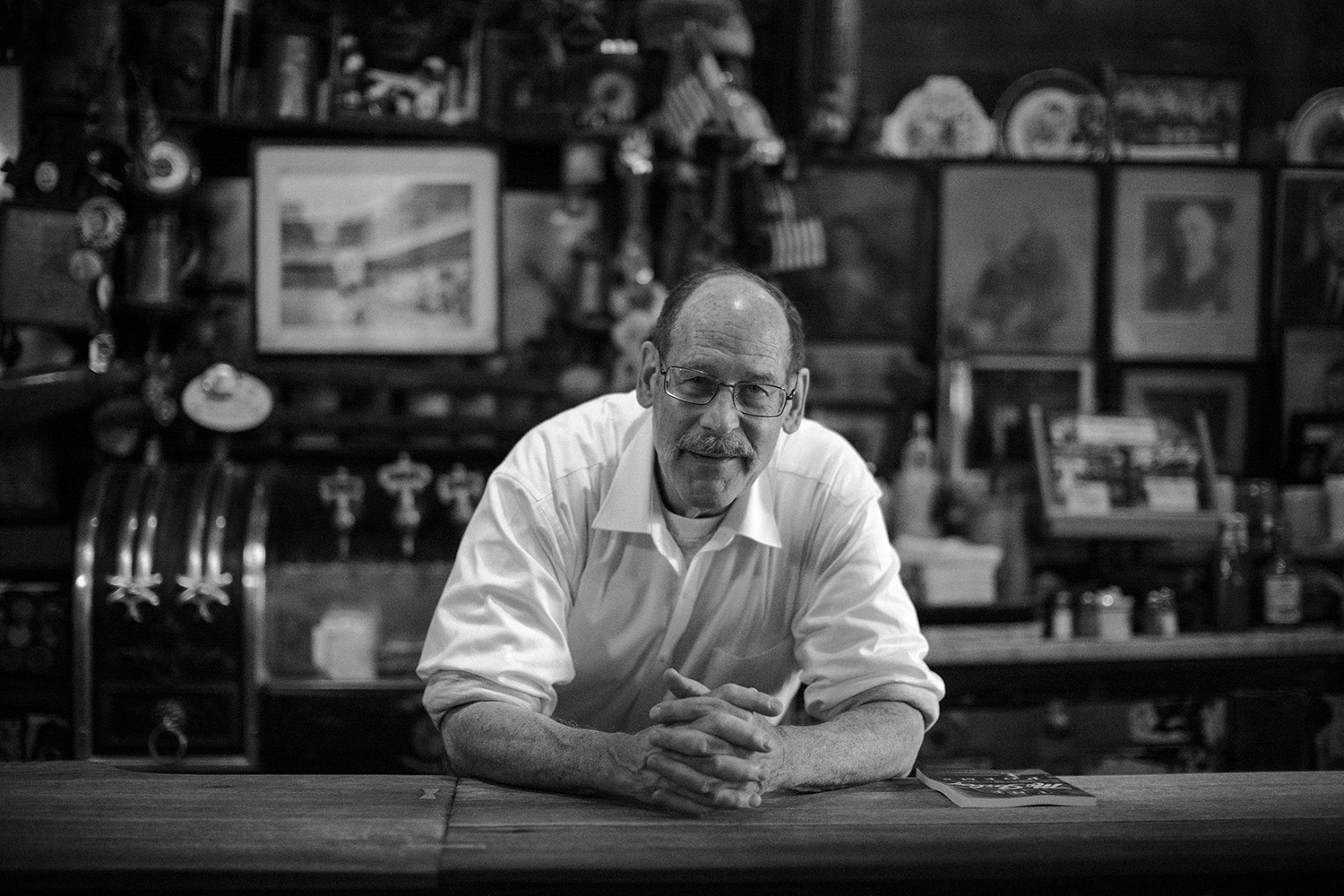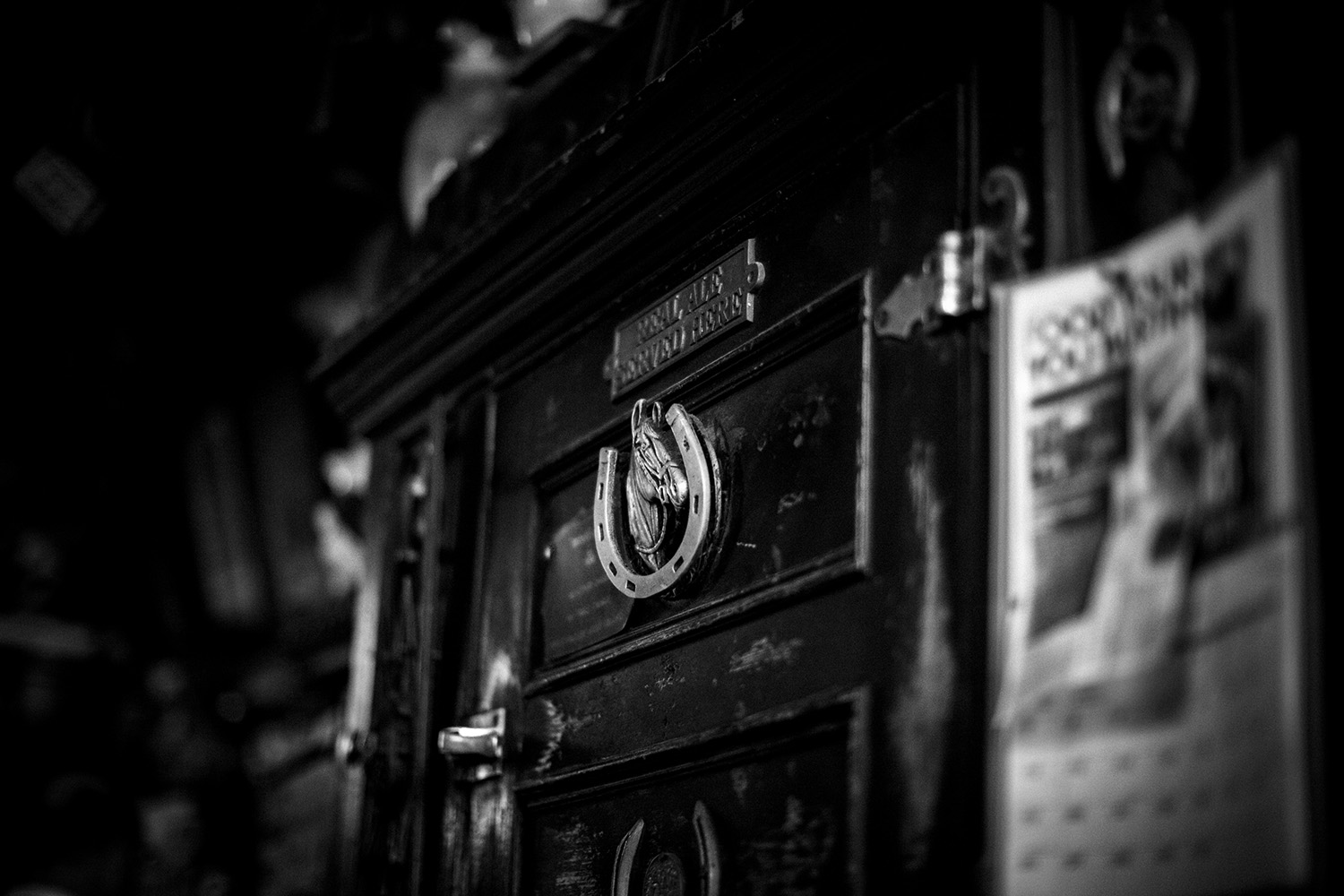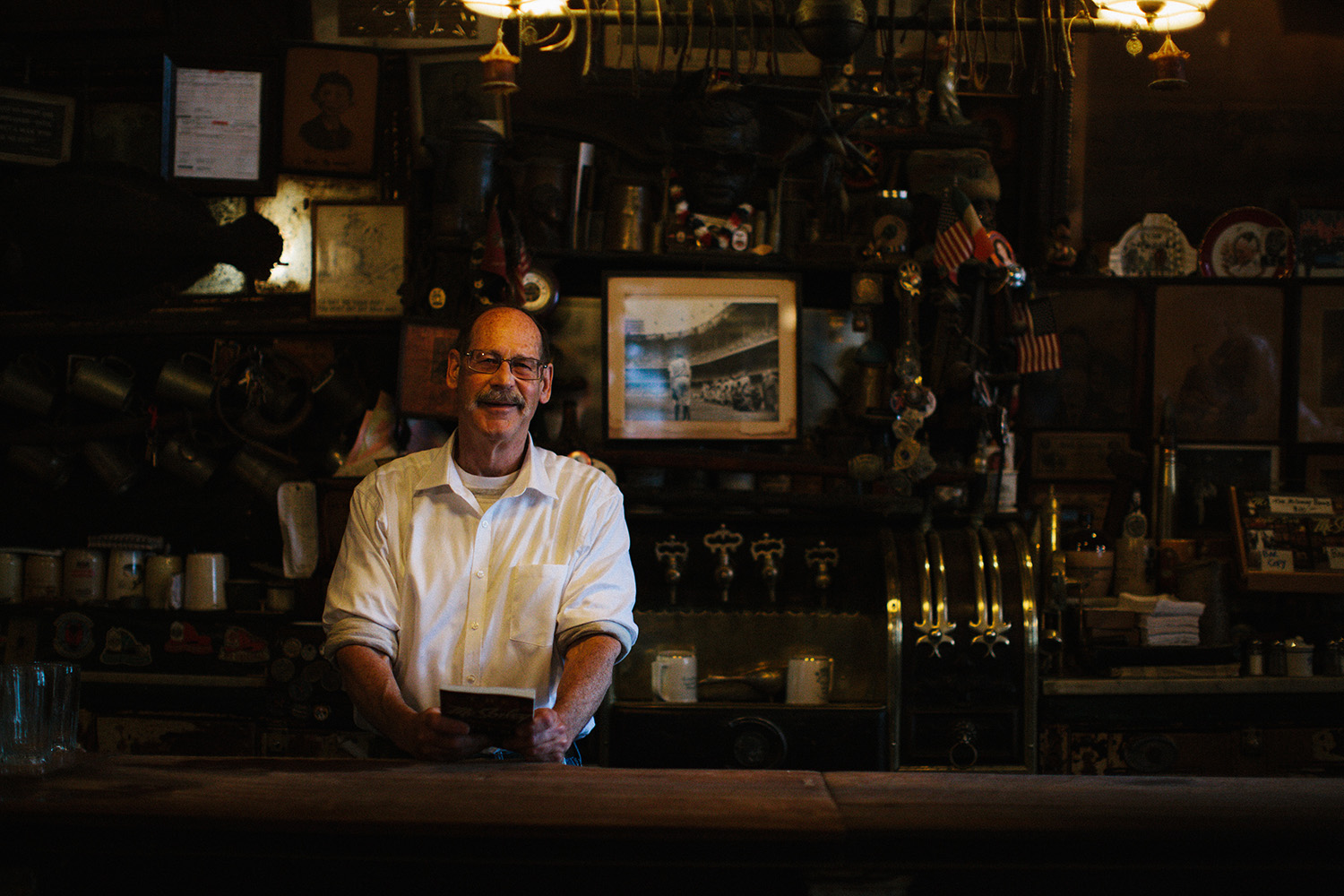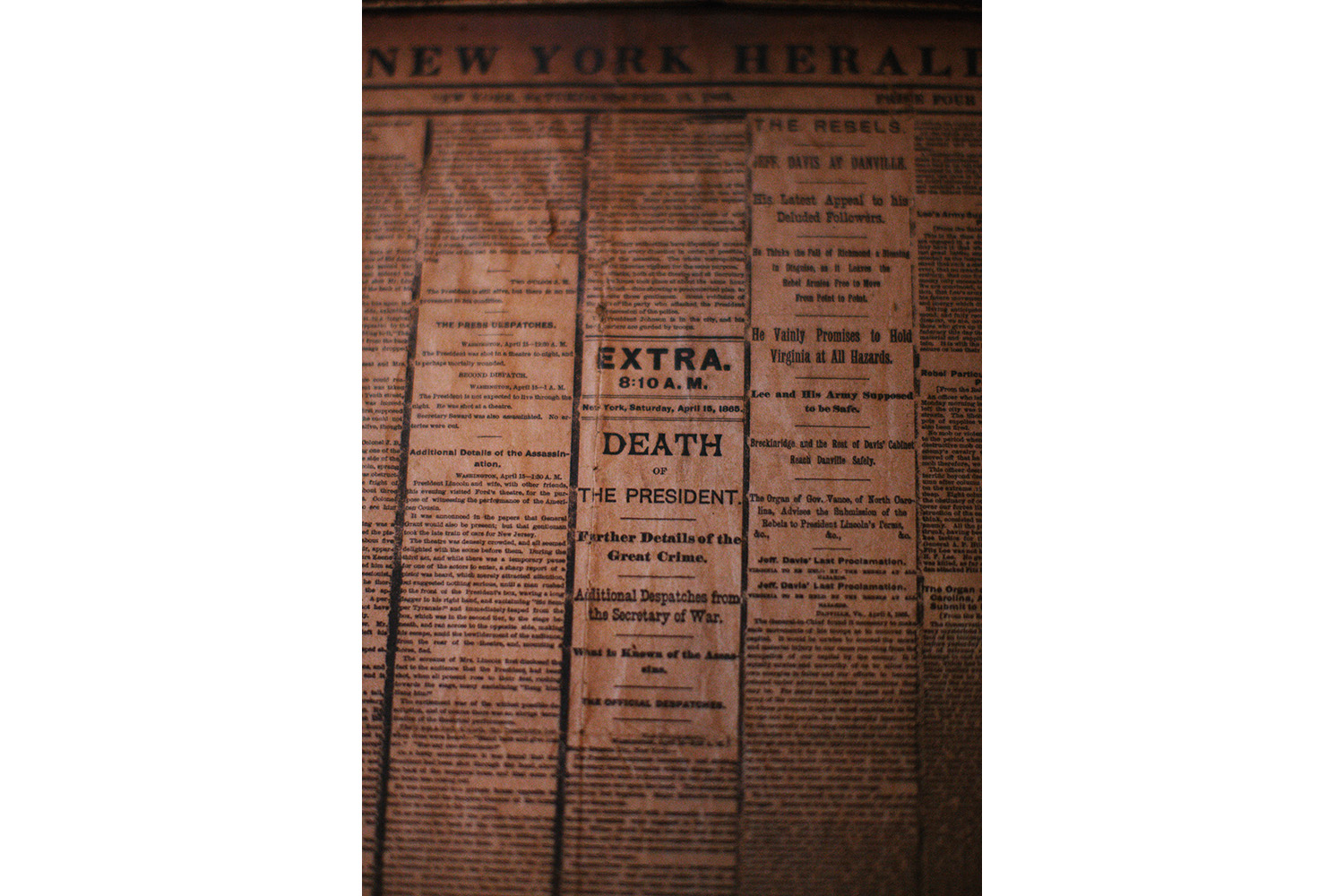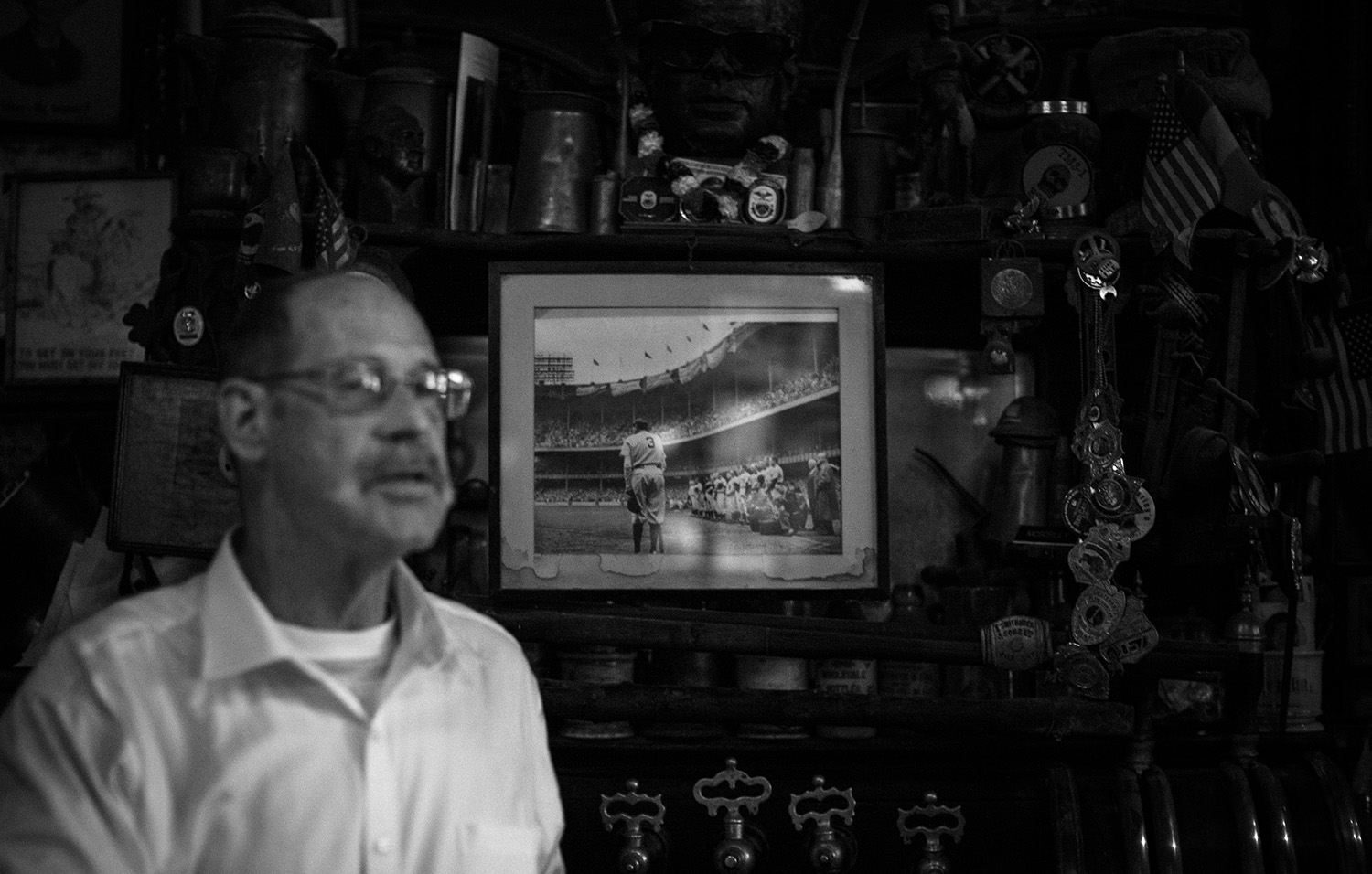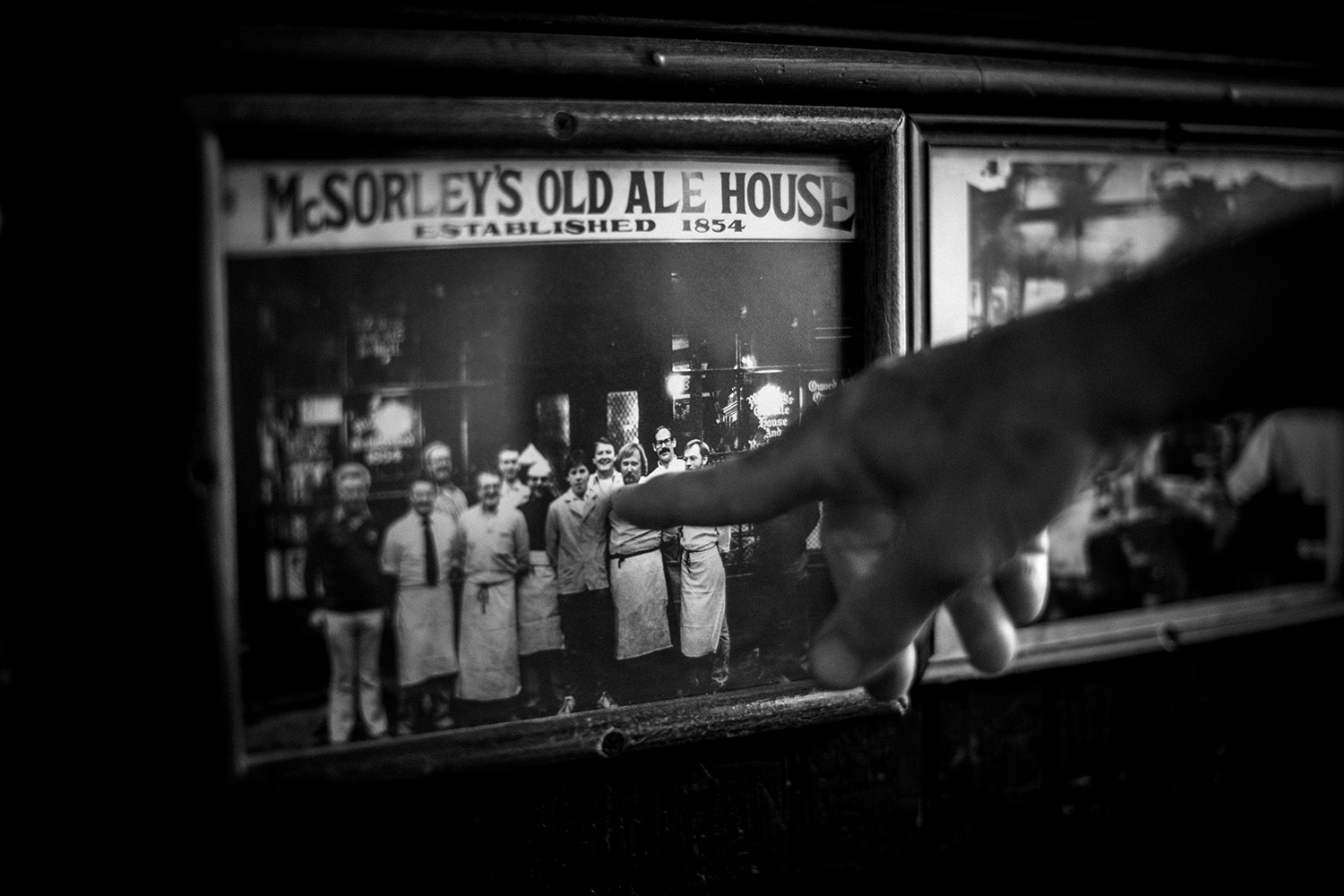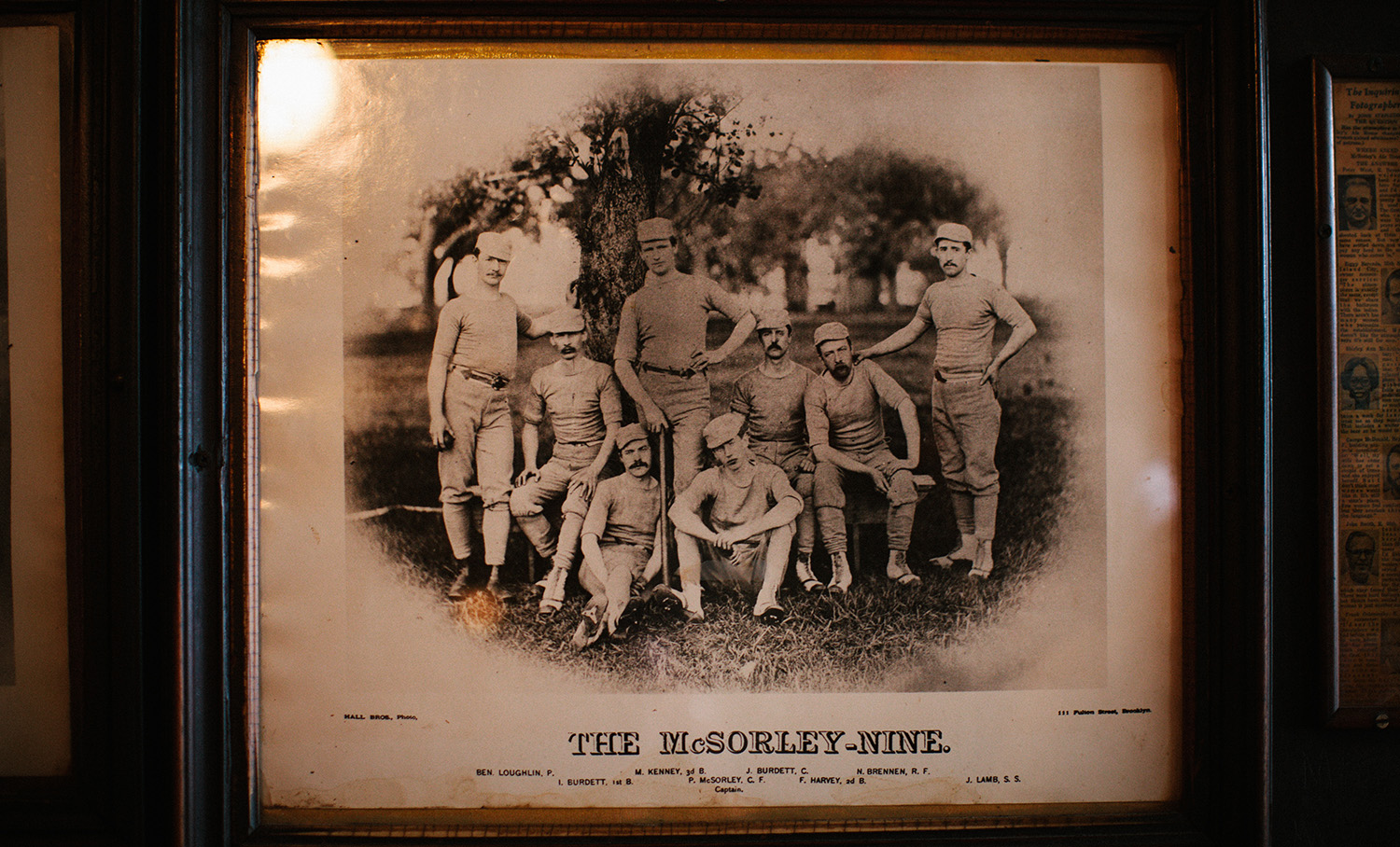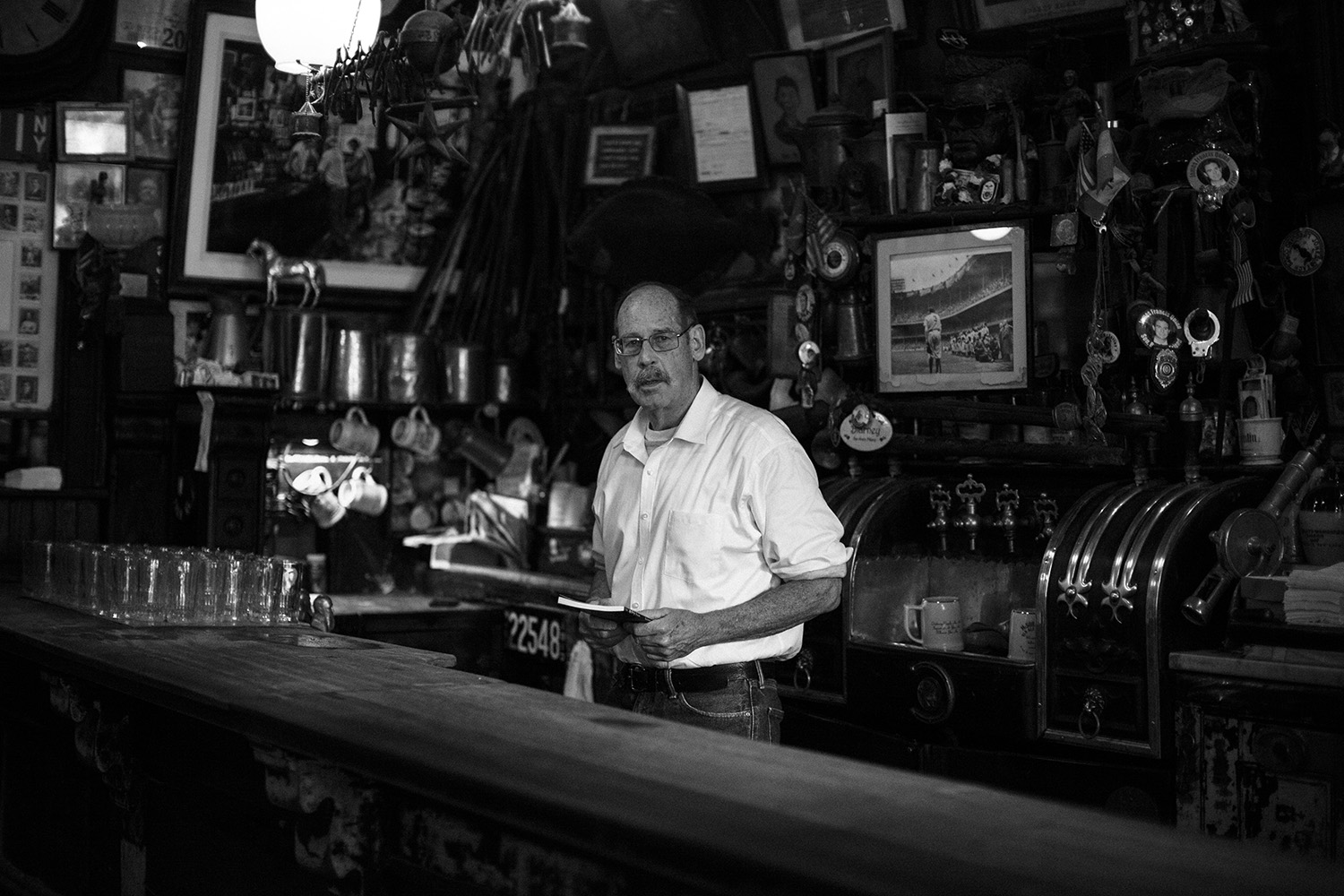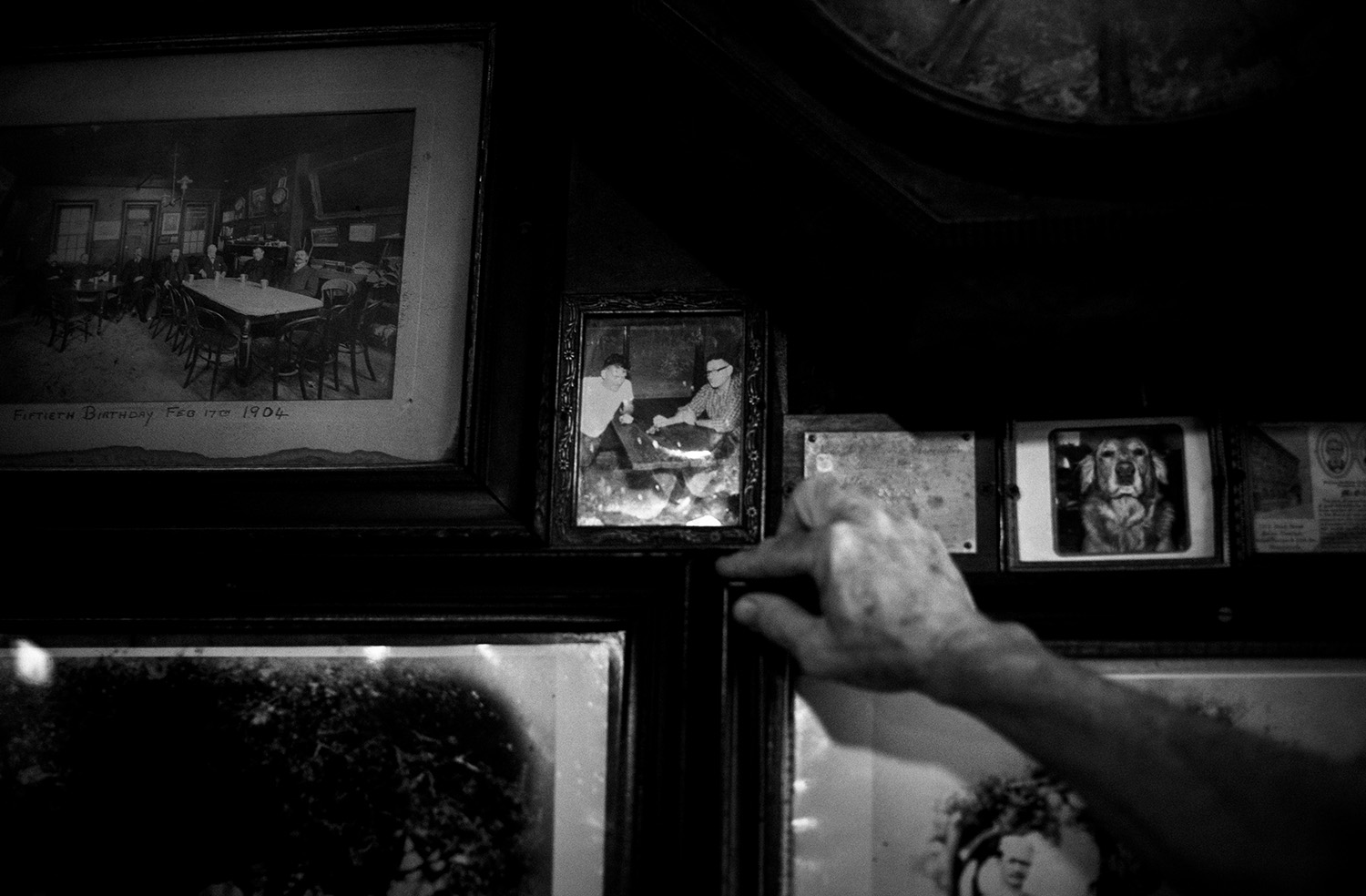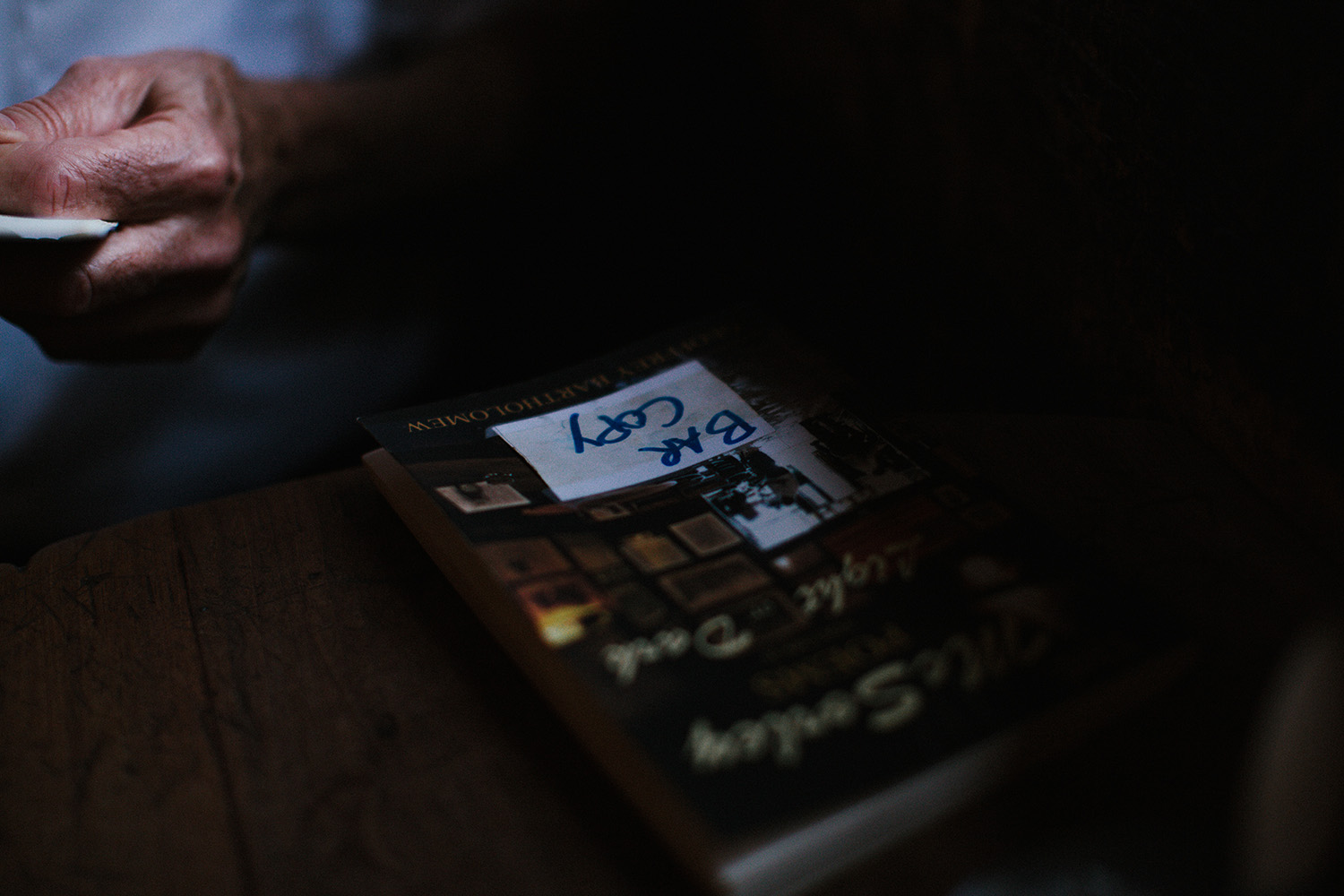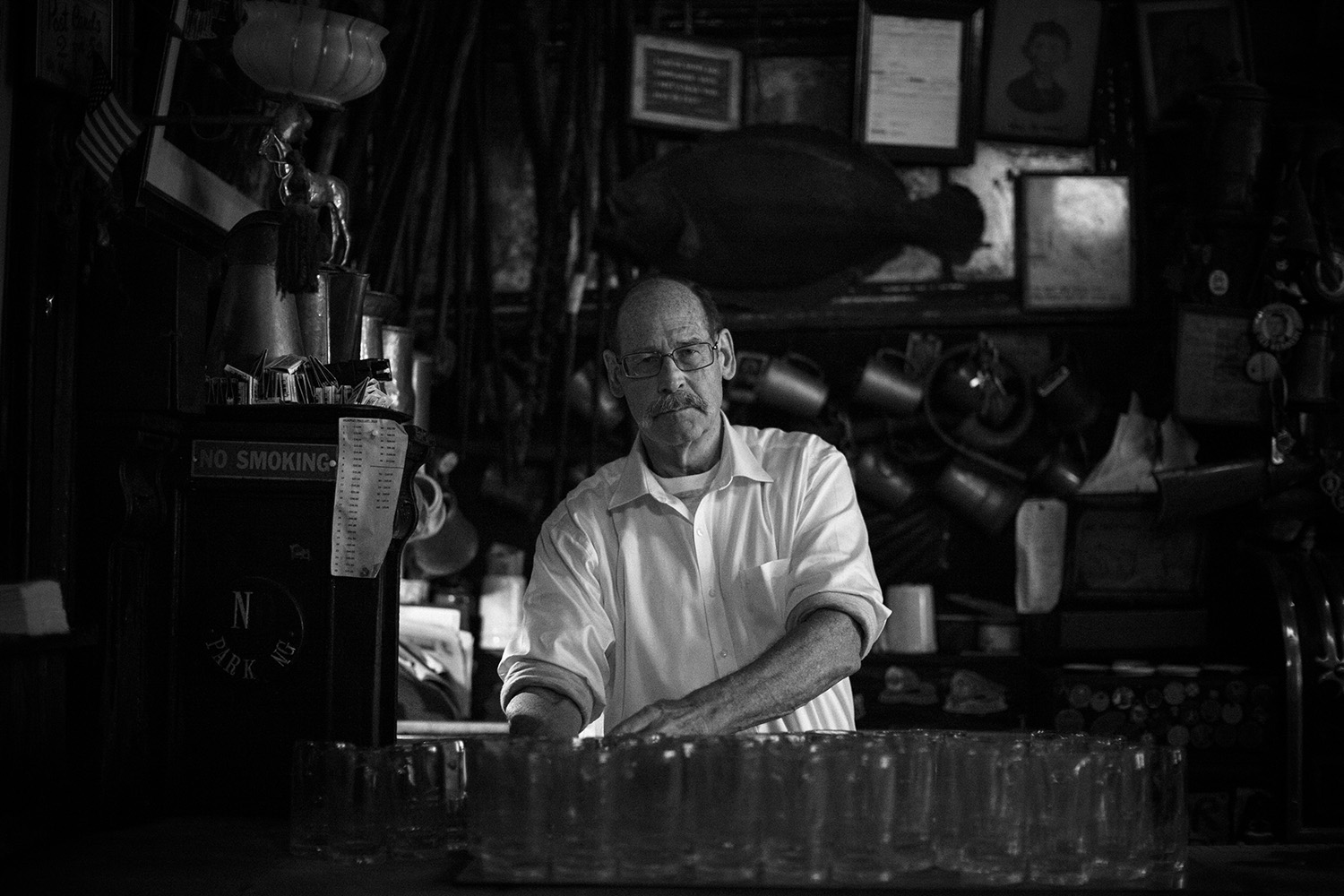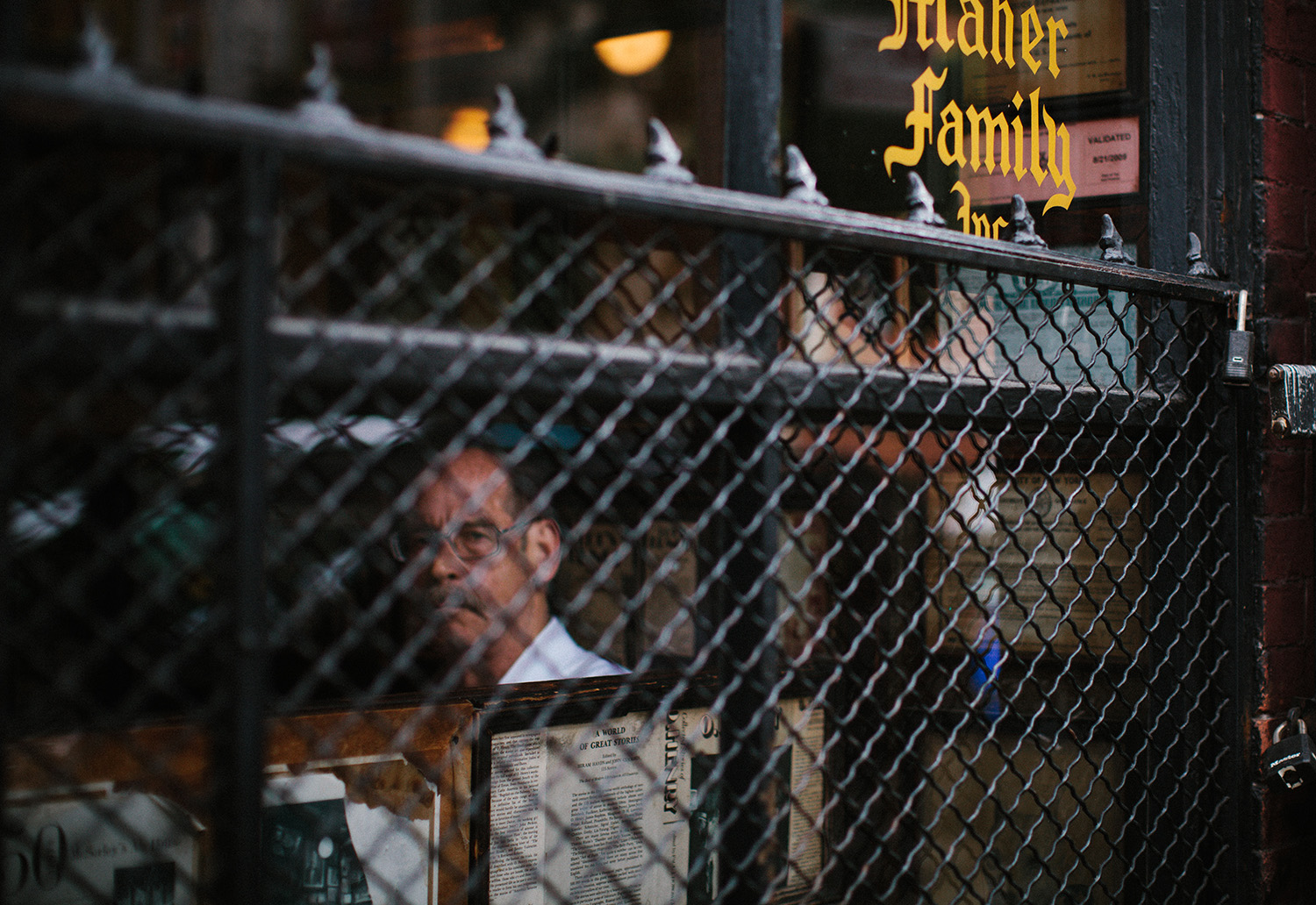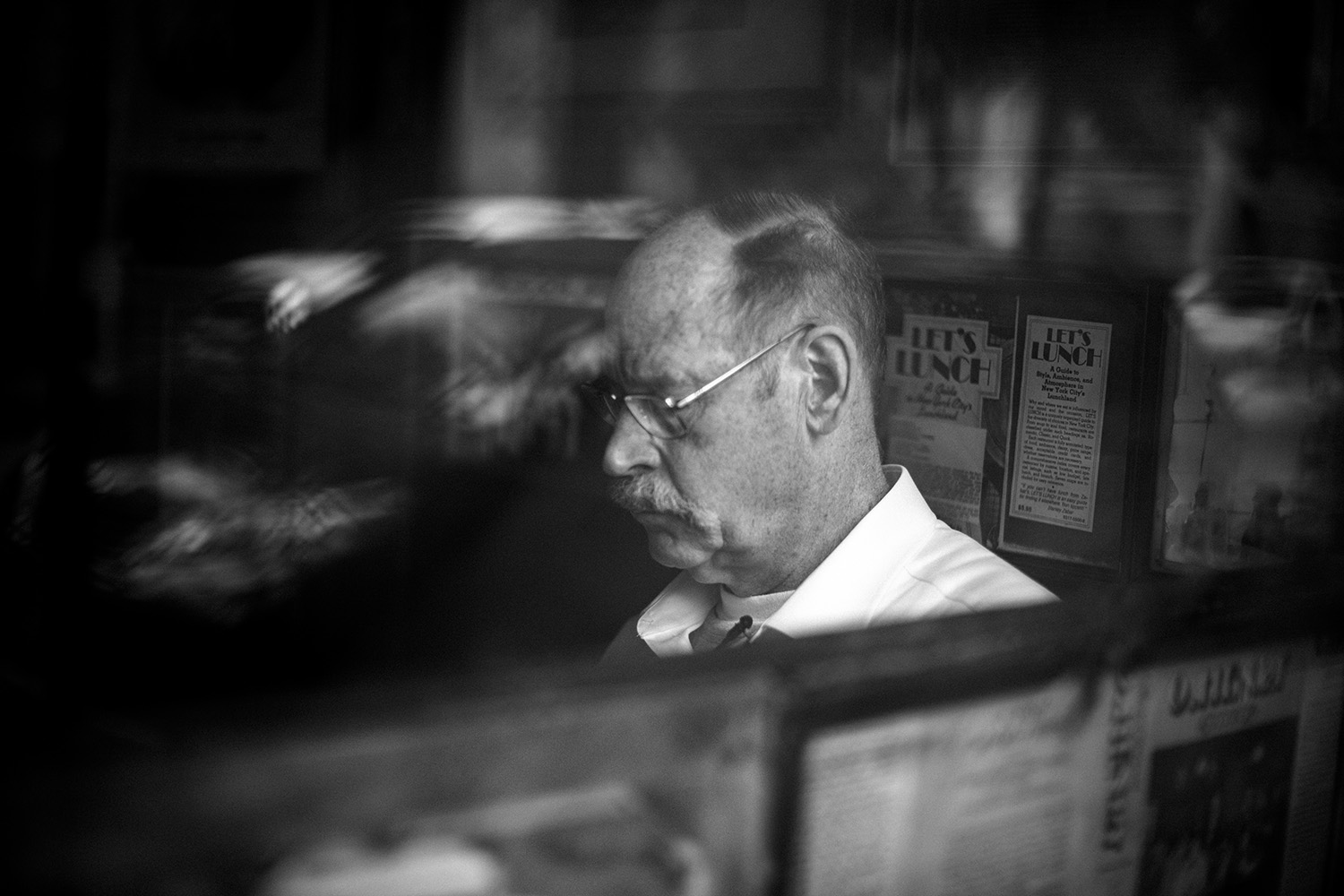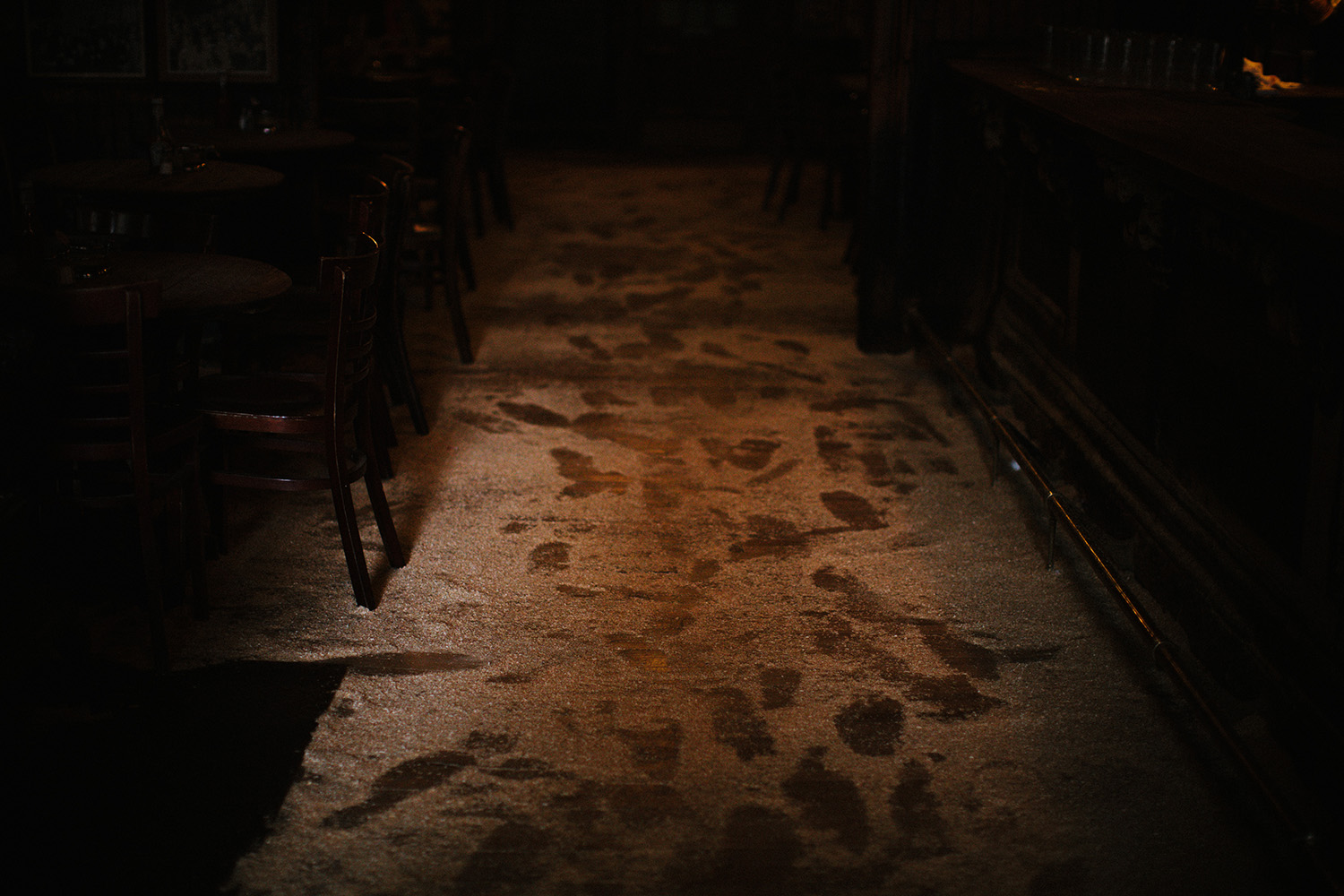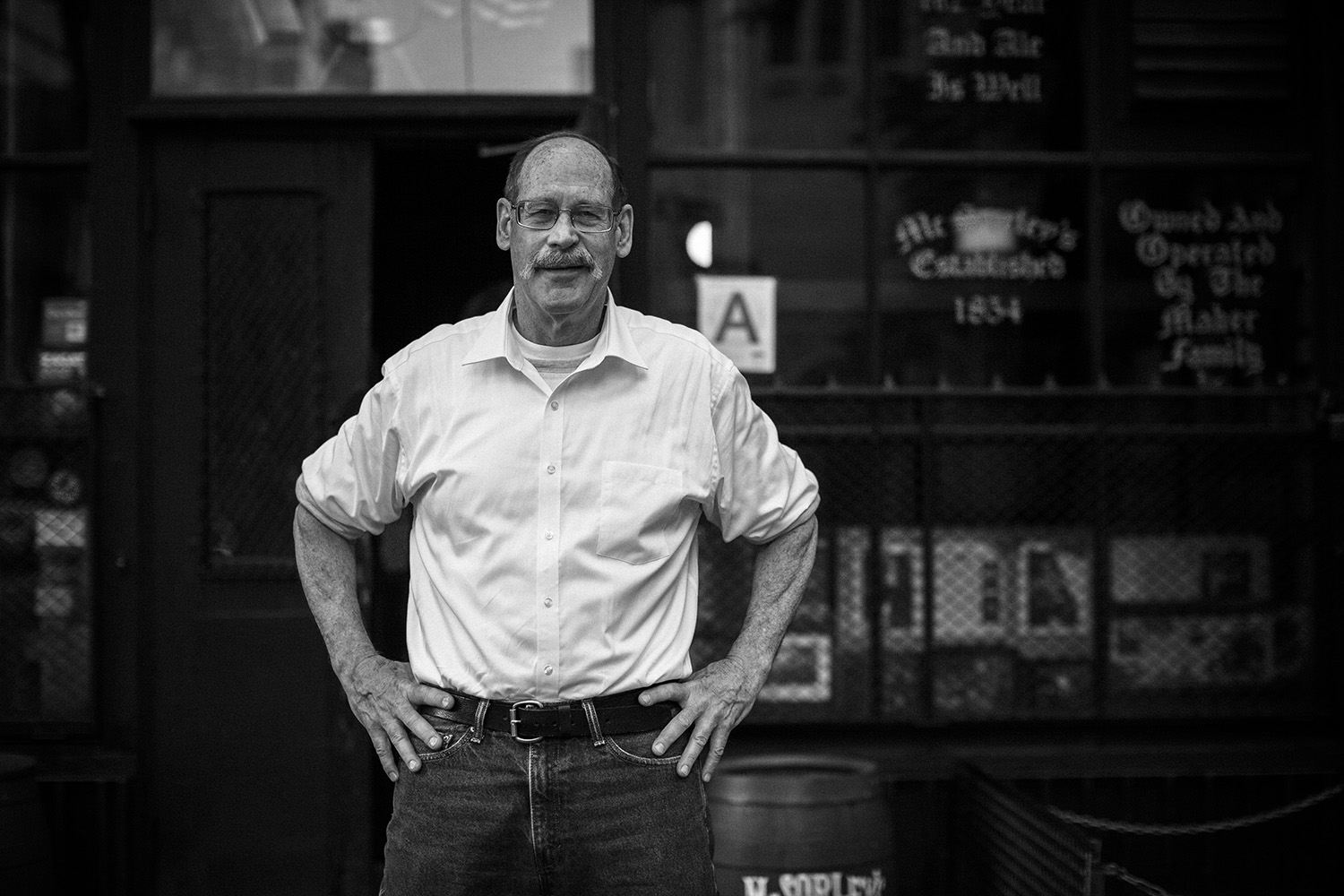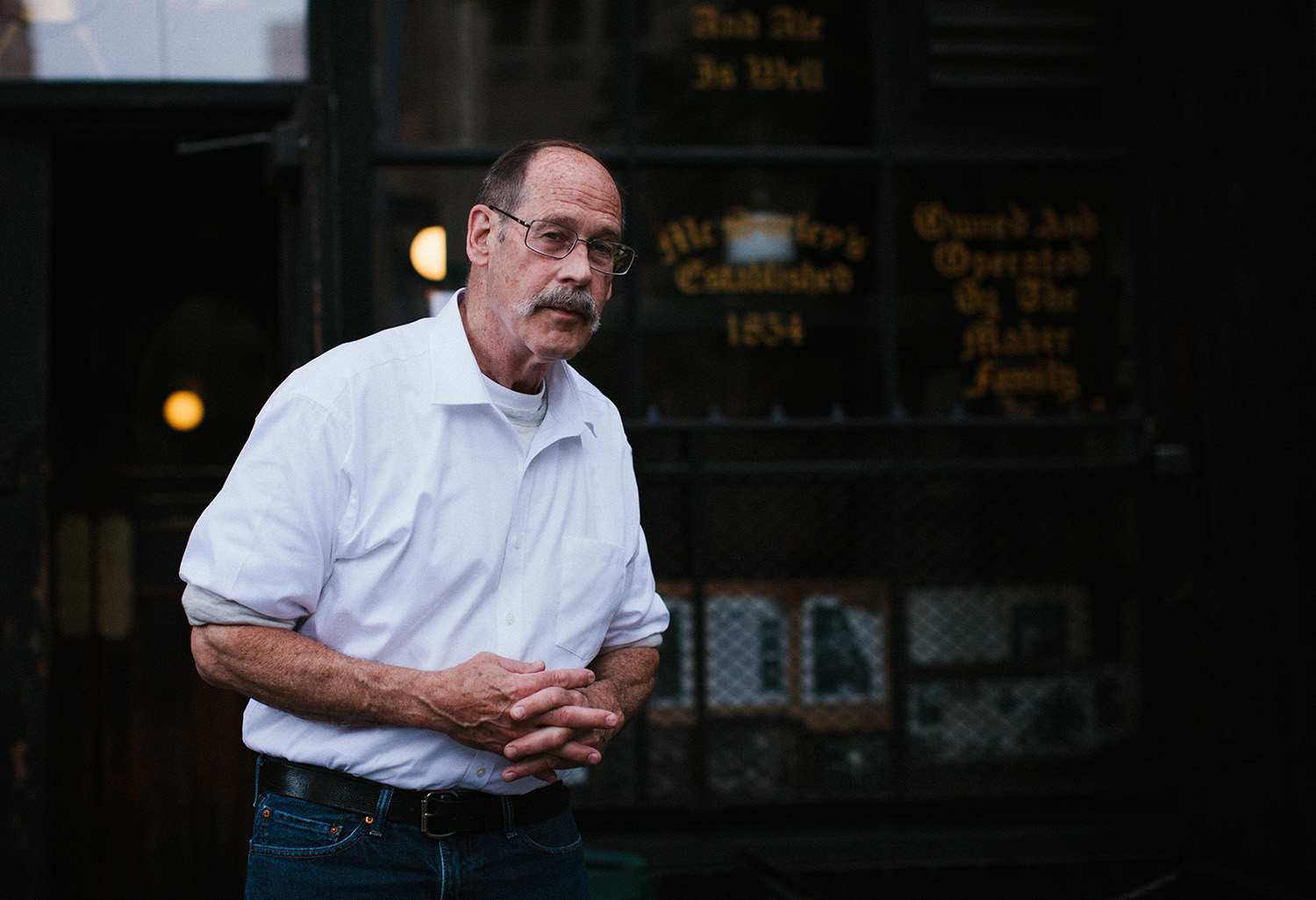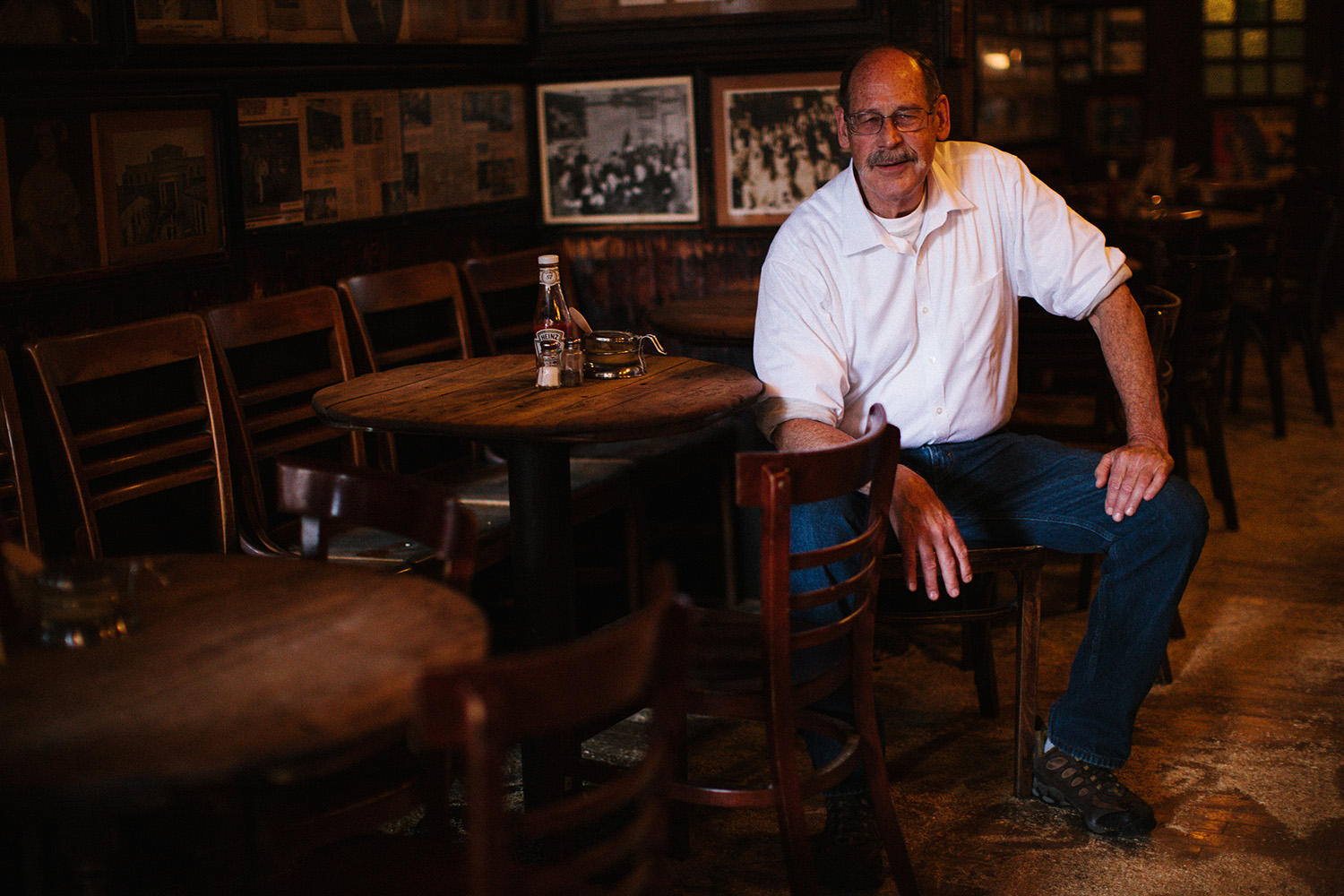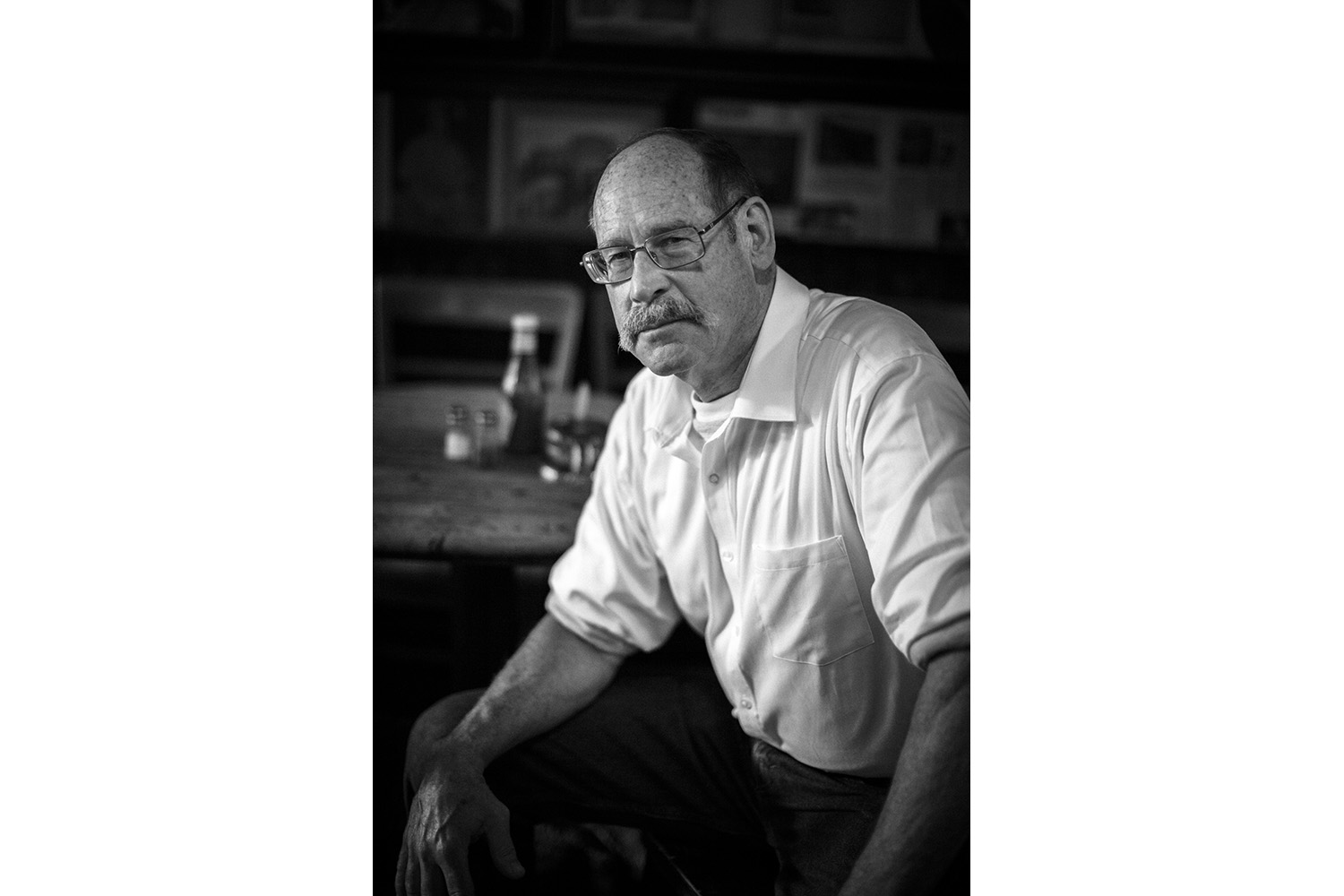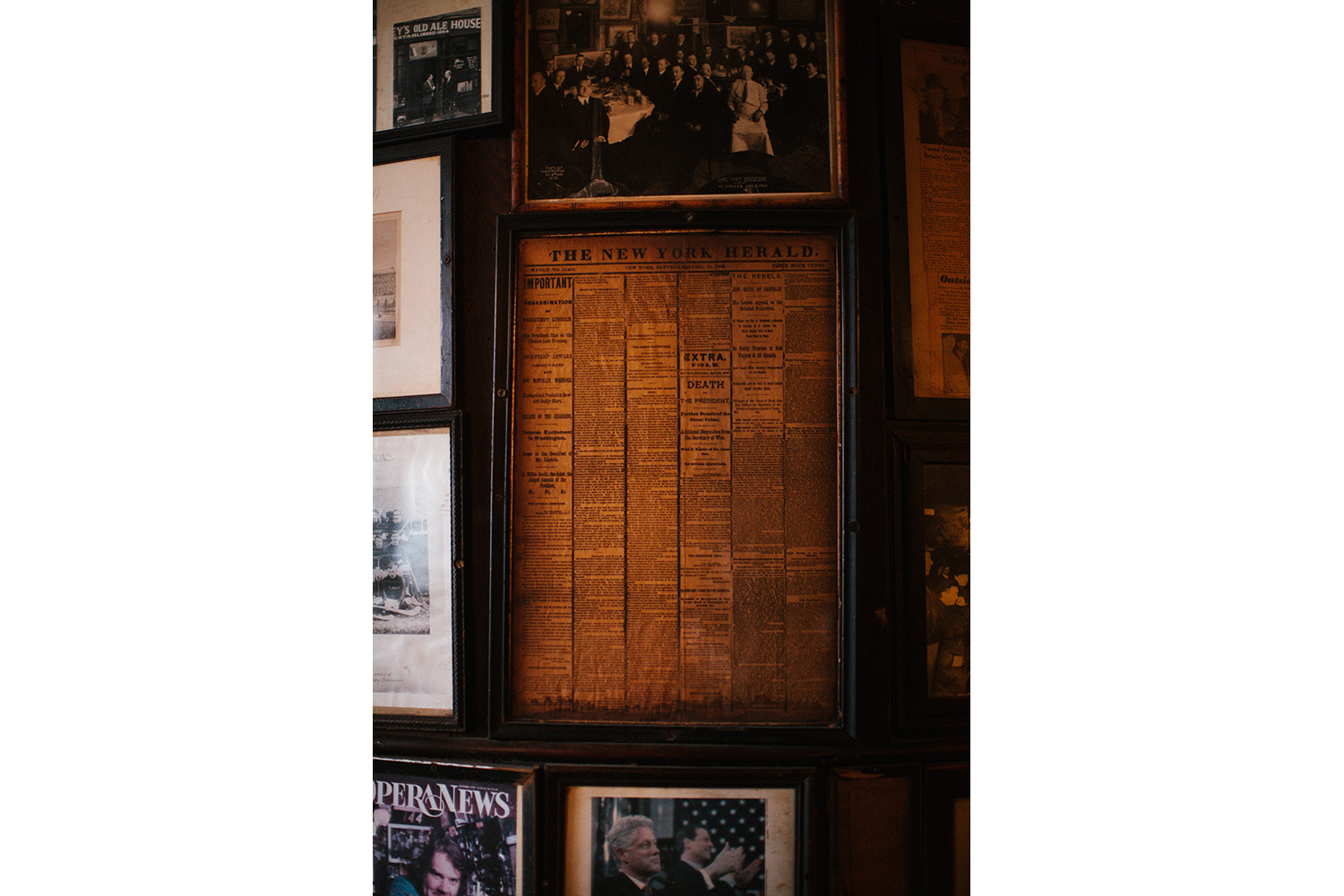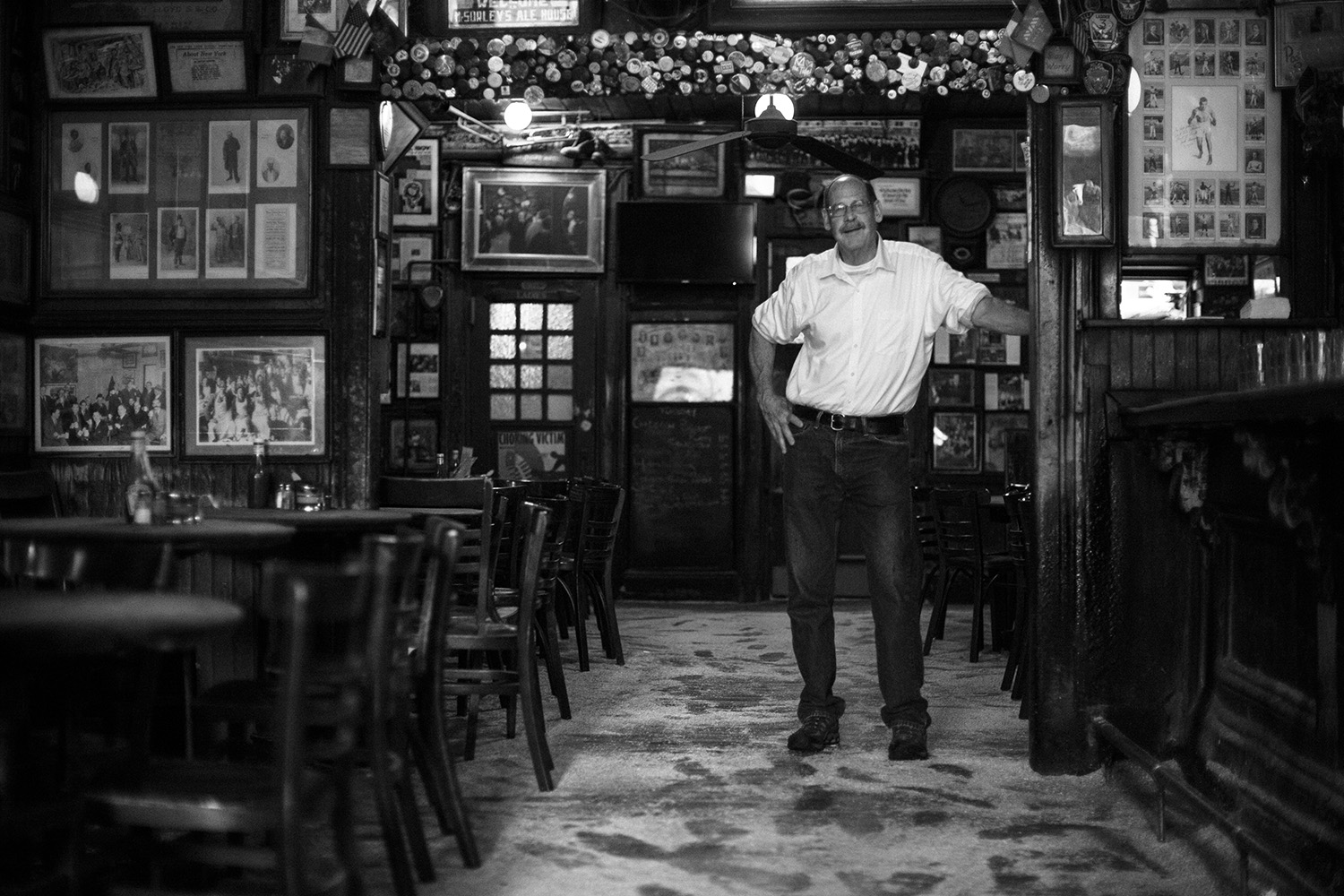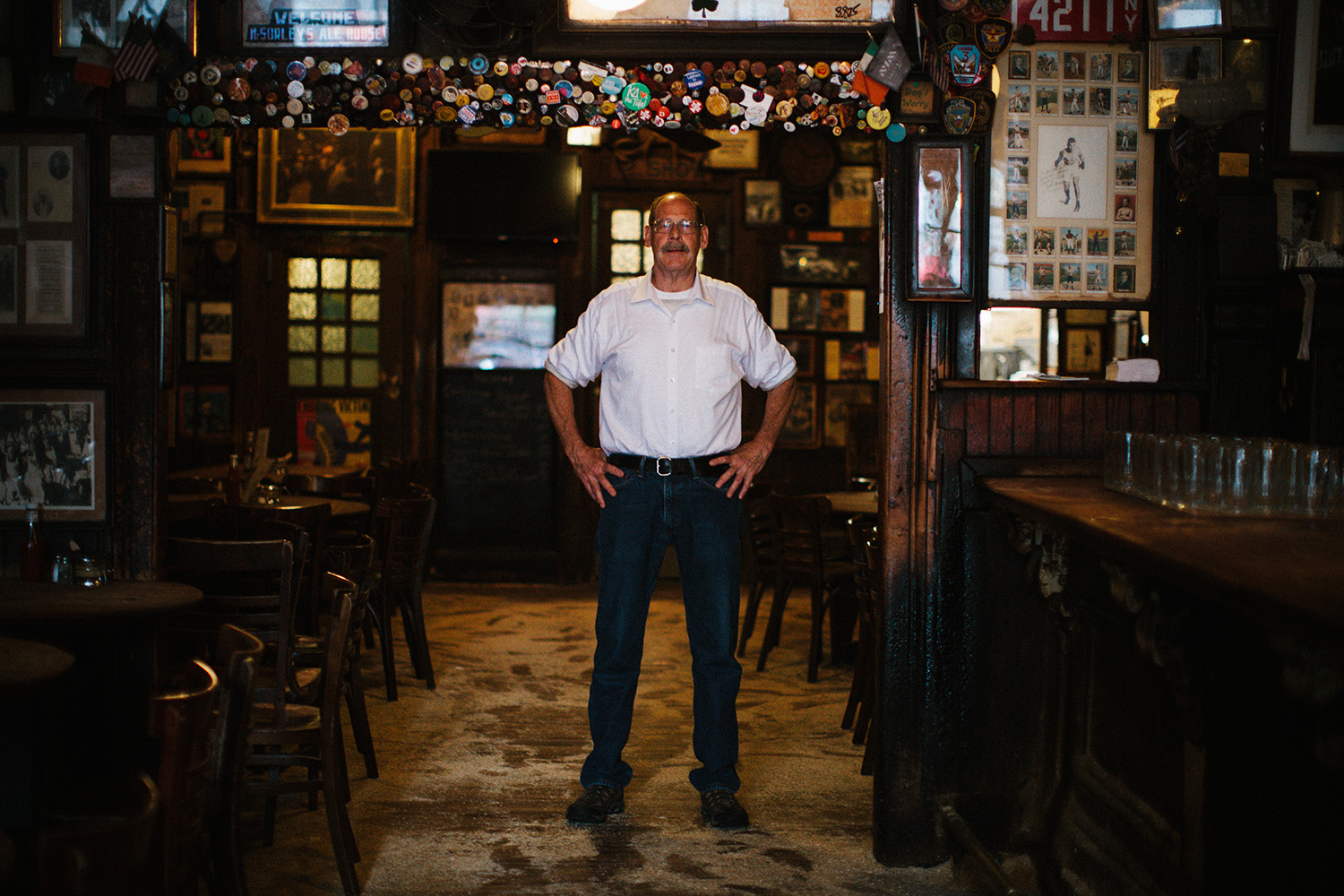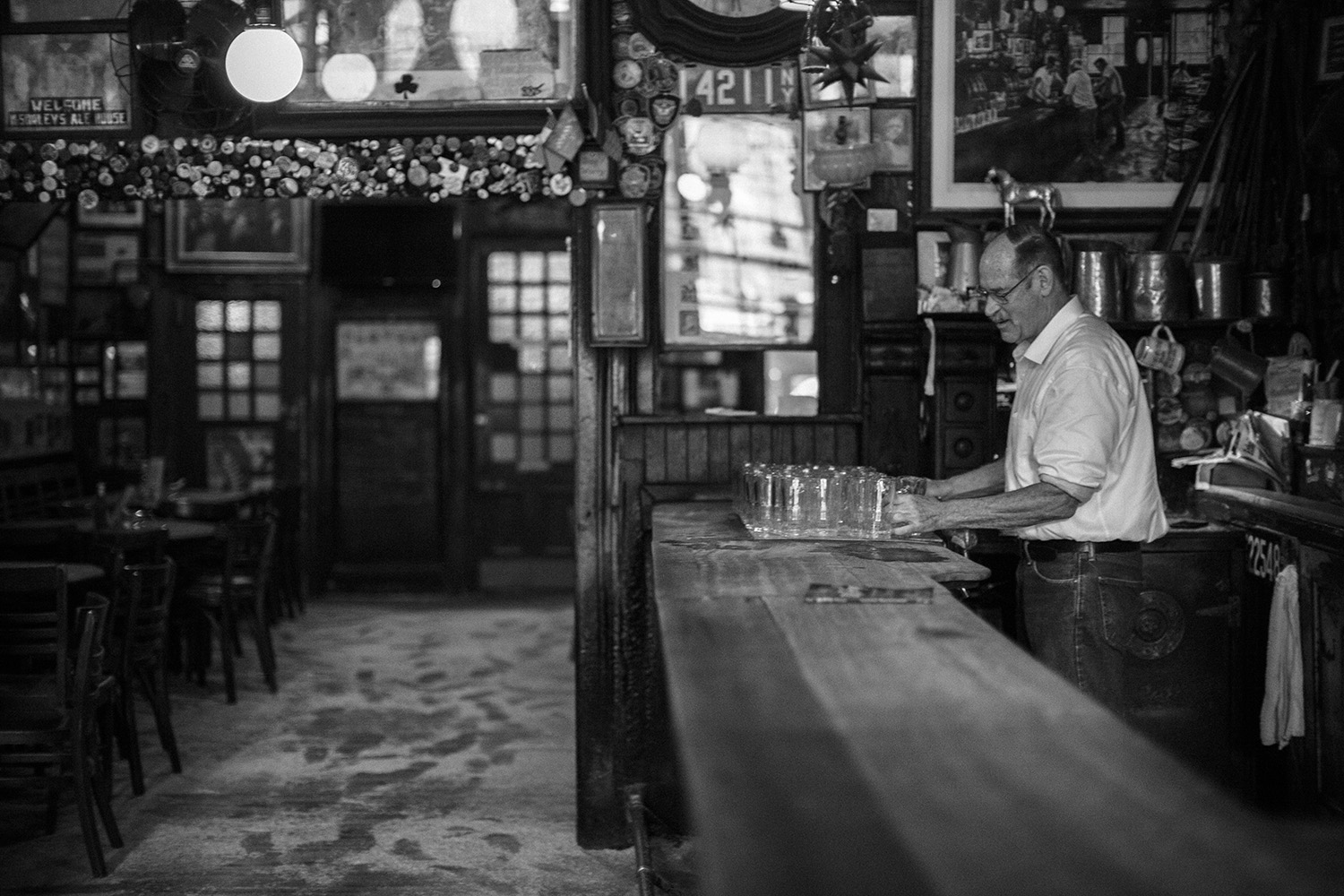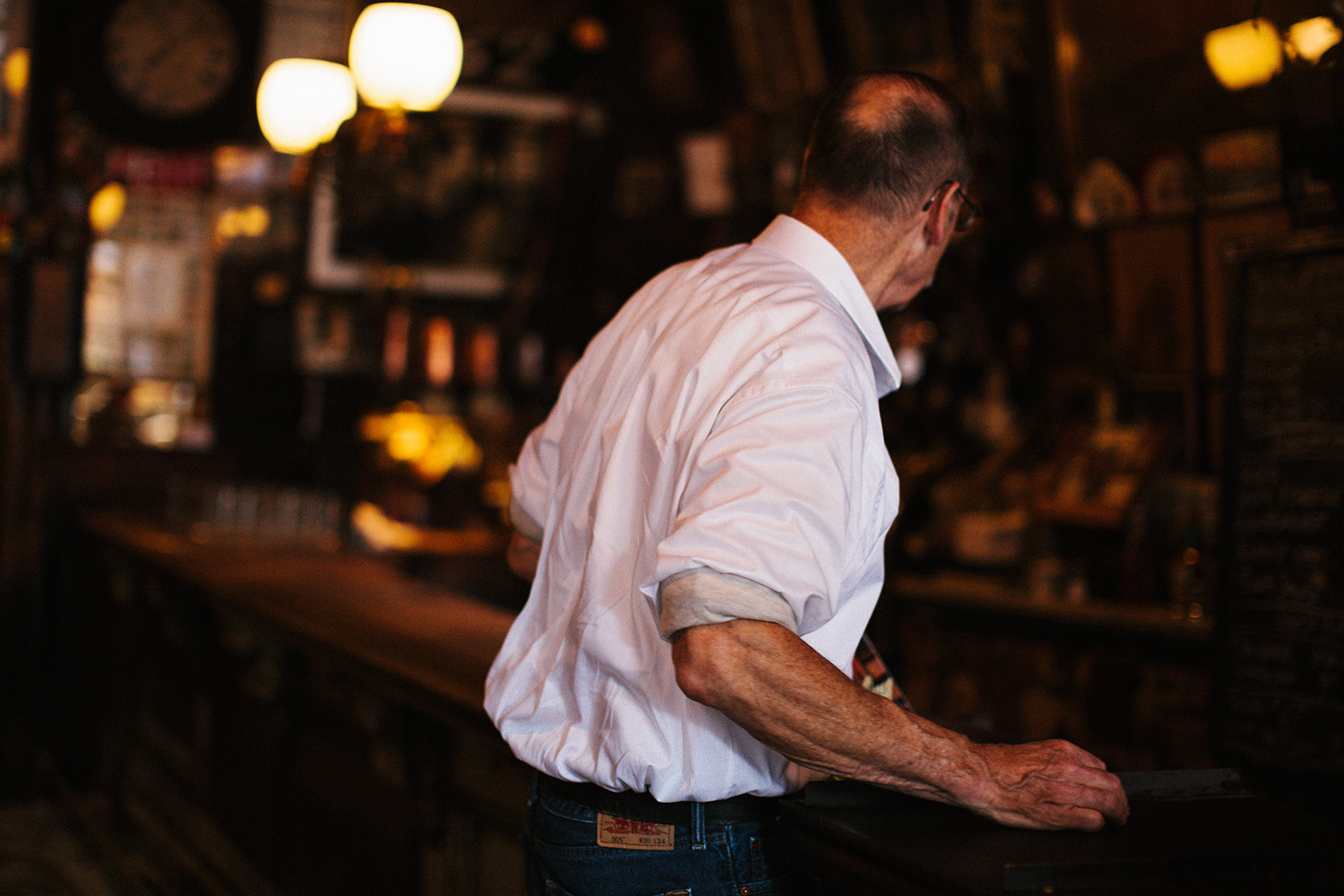LISTEN NOW:
SUMMARY:
Do you read or write poetry? Do you struggle with addiction? Are you interested in the history of New York City?
Then you are Geoff.
Mentioned in this episode:
Geoff’s books: themcsorleypoems.net
Geoff’s son’s book: http://a.co/j7zv4Le
McSorley’s website: https://mcsorleysoldalehouse.nyc/
AA: http://www.aa.org/
Joseph Mitchell: Up In the Old Hotel
Photograph of Babe Ruth: Nat Fein
Music:
Billy Murray “The Streets of New York”
Hyden Quartet “Take Me Out to the Ball Game”
NOTES:
[2:00] Join our FB community group!
[2:15] Info about Ask the Storyteller
[3:00] Next Ask the Storyteller is Julia (episode #2). She will be LIVE Sunday May 7th, 7pm CST in A Face Project: Community group on Facebook
[3:45] Natalie loses her voice
[5:50] About McSorley’s Wonderful Saloon and Joseph Mitchell
[9:45] Geoff’s story begins…”It’s the oldest operating bar in New York City…”
[11:00] Geoff gets an apartment above McSorley’s
[11:30] Grew up in an abusive household
[12:20] Geoff’s mother falls ill
[14:00] Geoff starts a writing program in NYC
[15:00] Started working the bar 44 years ago
[15:20] Recognizes he has a drinking problem
[16:20] Starts to feel suicidal and attends his first AA meeting
[18:30] Bar patrons try to get Geoff to drink after he was sober
[19:00] You lose friends, but it becomes about surviving
[20:15] “You don’t drink one day at a time.”
[21:25] “It’s the little things that can really drive people to drink.”
[22:11] The bar is where he is supposed to be
[22:57] Everything in the bar is original
[23:10] Nat Fein’s Babe Ruth photo inspires a poem in Geoff’s collection
[23:40] Geoff reads from his book
[25:50] All male bar until 1970
[26:40] Light & dark ale are the only things on tap…still
[27:30] Why is there sawdust on the floor?
[28:10] Simple food and a free trip through time
[28:25] “Be careful what you’re doing because you may end up doing it.”
[29:00] If you think you have a drinking problem, ask for help
[29:40] “There’s no shame in asking for help if you want to live.”
[30:35] What the bar has taught Geoff…
[31:05] If I drop dead tomorrow…
[32:30] Get a free sample of our magazine
[34:45] Geoff reads another poem
READ THE TRANSCRIPT:
It’s the oldest continuously open and operating bar in New York City, from 1854. There’s all kinds of history hanging on the walls. There’s a poster for Lincoln’s assassin. There’s Houdini’s handcuffs he got out of in 1904. There’s an 1815 London Times about Napoleon and Wellington. There’s ankle irons from Andersonville. It’s sort of like a living museum. It’s sort of stuck in time. You come in new York and everything changes every 20 years. They just rip everything down and build it up higher. This place is unique. People come in here and they marvel. You’re like walking into 19th century New York.
The draft was on and I got the Peace Corps so I went to Paraguay for a couple of years. In case when I came back I got an apartment above the bar here a few years later and I started drinking here of course. When you live above a bar you tend to drink and hang out. I realized I needed to be in one place. My family had moved around like 9 different place ahead of the landlord and that kind of nonsense that people run into with family problems so I sank roots here.
I grew up in an abusive household. My father was a bad alcoholic. I was a middle child and I sort of took the brunt of it. I did take the brunt of it, physically and emotionally. Without going into the emotional detritus of that time I escaped into sports and I went to college on a basketball scholarship. Then I came to new York as soon as I could to go to grad school. When I was 22 I took a bus here. I had $600 in my pocket. I got drunk here the first night I was in New York. That was early September ’67.
I was close to my mother. She sort of leaned on me. Why parents lean on the middle child. No, I maintain this. She had a bad stroke in ’72 and was bedridden for the next 12 and a half years. It was terrible. I would go back once a year. I was not big on going back. I was not fond of my father to say the least. I started doing cassette tapes back then and instead was one a week and just sending them to her because I couldn’t be there. It’s weird with stuff like that you always feel guilty like you did something or you should be there but the choice of going back and trying to take care of your mother unless no one was there. If my father had been alive he actually stepped up at that point and stopped drinking and worked and he hired a nurse so it worked out as well as it could have at least.
Ironically enough I stopped drinking in 1976. I would always call my mother on Sunday mornings and he answers the phone all the time obviously because she couldn’t and I’d tell him, oh I stopped drinking. All he said was, oh here’s your mom. He lived another four years and died suddenly. It was if it never existed. It was a lot abuse and he had an attempted suicide. He was in the nuthouse for a year and I had almost shot him once after a hunting trip when I was 11. A lot of stuff you would think you would want to man to man talk about with your father. I never broached it and neither did he. It’s probably just as well.
I got a job here in June of 72. They just asked me to fill in so I started filling in. They got to know me and I was apparently trustworthy and I also entered one of the first writing programs in the city anyway up at CCNY. The first year I had Anthony Burgess in the seminar’s and the second year Kurt Vonnegut so I was already working on a few short stories and things so I had really good templates to work from and I’m attached to so many crazy writers who were alcoholic. When I got sober I took a train ride across Canada to go to Vancouver to say goodbye to Malcolm Lowry who was buried there. He wrote Under The Volcano and choked to death on his own vomit. It was sort of my private goodbye to my own alcoholism.
Joyce was always good. I read through Ulysses when I was in Italy. I read through Ulysses and on the side I wrote down every word I didn’t know and then looked them up. I have a sheaf of like 300 or 400 pages of words. A lot of them were nonsense words just that he made up. In any case I wrote a couple of novels that didn’t really go anywhere and I ended up working here and that was 44 years ago. I was always functioning by you start drinking and it starts sliding back into the day. It starts in the afternoon and it starts in the morning. I used to have to drink 3 or 4 doubles of vodka on a Sunday morning before I could call call her, just call her. That’s how, you know, pathetic it gets. I had crazy relationships with women. I ran off with a friend’s wife. They were getting divorced but I ran off before that happened. She had a five year old daughter. We went to an island off the coast of Maine in January. Crazy things that any sober person would say what are you doing here?
The last six or seven months of my drinking, I started drinking in the morning. I knew I had a problem but it was how do you stop? You stop and you dump the booze out and then you go buy another bottle a couple of hours later. Then you really feel trapped. A couple of the guys here had gotten sober going to AA so I asked the guy to take me to a meeting. I was getting very black thinking about suicide so I thought let me give this a try. It took, the lady I first heard was a nurse at St. Vincent’s. I still have lunch with her out in LA, her and her husband. She had a cable guy story. It was good. Sometimes you don’t wonder if you don’t get sober just because the stories are so good or so insane. They are. They are.
That’s an interesting thing. Usually people tell you that you have a problem. No one told me. These women I had been involved with, a lot of them were flings or had their own issues with men with alcohol and didn’t say anything. I don’t know why but it was obvious. I never got violent with anybody. I never hit anybody. I mean in the bar we had bar brawls and you’d have to grab people and duck but it was a rougher time back then anyway. Without going into the jargon of the program usually you will repeat your fathers behavior and there is a genetic component to that too.
You still have to bend your elbow. Of course you swear you’re not going to do what your father did and then you’re doing the same exact damn thing he did and destroying yourself. Fortunately I was screwing up some relationships but I wasn’t irresponsible. I wasn’t married and didn’t have a child so it was not as disastrous but yeah it was a pattern I was repeating and I was mired in self pity in a lot of ways which is probably not one of the dominant emotional survival emotions but then it serves you ill when you grow up. It’s okay when you’re a kid to survive any way you can. Then you have to figure a way to jettison that or otherwise you’re doomed.
There were times I’d be, you’d just sort of breakdown. I didn’t have panic attacks but I had, I’d start crying and you know, just for a couple of minutes. You just start weeping and I’d sort of put my head down. This is sort of a macho place. The bartender is weeping, what’s going on here? I’m just trying to get through the shift. After you get a few weeks under your belt it helps but then some of the other guys are drinking heavy at the bar. They’d feel betrayed. One time they filled a 7-Up bottle, a little one, with scotch and gave it to me when I ordered a soda. I got a mouthful and I just spat it on the bar and I was pissed. Then they respected it after that but you will be tested as they say.
The downside of making a decision like that is you lose a lot of friends, drinking friends, best friends from college I became persona non grata. That hurt but it was either me getting sober, it becomes a survival thing.
I don’t mean dramatic. I mean literally it is. We all know people, whatever the addiction, it’ll take them down.
The best part of all that was finding my wife. We met in the program. She had a horrific story, yeah, someone who understands who you are coming from is very important. She had cancer. She had cancer when our son was five and had a terrible operation. Radical neck discectomy. She was a very beautiful woman, real stylish and got her PHD and was a professor. Anyway she had throat and neck cancer and she had radiation. Then she was okay for 15 years. Then in 2002 it came back and then there was another 15 hour operation and they had to do all kind of horrific things to save her. Then from then on it was like four years of operations and chemo’s. You don’t drink one day at a time because certainly it’s like an invitation to jump off a cliff.
There are terrible cruel things that happen in life. My wife, she was a wonderful french cook and cooked professionally. The disease the last four years, the tumor was in her throat. They had to cut it out. They had to butterfly her skull and she couldn’t swallow so she had to be tube fed for the last four years. Sometimes the cruelty can really, you wonder what kind of god is this that allows … The thing that bothers me most in the 12 Step Programs is that people will give God the credit for all the good things but not the responsibility for all the cruel things that happen whether it’s children dying of disease or just the random pain and cruelty that adults have to go through to die.
There’s obviously terrible things and beautiful things. It’s sort of crazy because you sort of rise to the occasion when these big terrible things happen. It’s the little things that really can drive people to drink. It’s the old stubbing your toe and you get pissed off or something doesn’t work or you get up in the morning and you drop the coffee. You just want to say, screw it all. I don’t care. Because you realize as an addict the personality is very black and white, whether it’s relationships, life, anything, it’s either all or nothing.
The gift of being sober and finding the right woman and then we had a son. The chance to be a good father to my son. I got to heal myself by being a good father and a good husband. You go through all these things. I never could get out of the bar so I figure, okay this is what I’m supposed to be doing. It pays the bills. It allowed my wife to go back to get her PHD and do what she wanted to do. You know you make choices.
I’ve written two books of poetry about the place so I’m sort of the dean of lunacy here. It’s been a wonderful place to work. Love it because it’s so old school democratic because we get all different kinds of people. Laborers, workers, lawyers, students, tourists, from all over the world now. You get to see all different kinds of people and have great lunatic conversations between people and what’s going on in there lives, little snatches here and there.
All this stuff is original. It’s all original. A lot of it’s taped together. Probably my favorite one is the 1948 Babe Ruth photo behind the bar. I wrote a poem about that Net Fine. F-I-n-e. He died a few years ago. He used to come in a lot. He gave that, one of the original copies. Can you have an original copy? I don’t know. Signed original print of the Pulitzer Prize photo of Babe Ruth saying farewell at Yankee Stadium. There’s something very poignant about that. It was a smaller world back then. We had a lot of World War two guys. There were beautiful guys and they were very upset when women came in in 1970. This was an all male bar until 1970 and then it was a lawsuit. We had a whole cadre of 20 or 30 or 40 guys from World War 2 and they’d tell war stories. Some were Ukrainians because there were Polish guys who fought with the Russians. They’d get into arguments about the war. This is back in the 70s so they were sort of in the twilight of their lives. Then they slowly disappeared in the last ten years. Everybody dying off.
New York has changed. There’s no single room occupancy hotels where old guys could live on a pension whether it’s railroad or social security. They can’t afford to live here. You’ll see pictures on the walls of old guys and we don’t have an old clientele anymore. It’s 20s and 30s and then people will stop back in twenty years later and show their kids.
Light and dark ale. That’s all they’ve ever served here. You don’t see too many really drunk people because we won’t serve people who are already drunk. It’s just not worth the headache. They’re talking about the normal grist of daily life. You know, how screwed up their relationship is whether it’s their girlfriend or their boyfriend or their wife or their parents or their jobs. People are weird. We usually don’t throw people out but we just tell them, we’re pretty simple here. It’s either light or dark ale and if you don’t like it there are 16,000 other joints in the city. Try one of those. Almost every bar in New York caters to a certain slice.
Here you get the mix and that’s what makes it so wonderful as a place. I think that’s why people come back too. There’s always sawdust on the floor. In this generation nobody knows why there’s sawdust on the floor. There used to be sawdust everywhere when I was growing up in butcher’s shops and bars. It just keeps the floor clean. Whatever is going on the floor it’s going to gather it up. The food is pretty much the same. If you read Joel Mitchell’s pice from 1940 on Charlies Wonderful Saloon it’s called, 18 to 10 page piece. It sort of had notes of what I’ve said about the bar just being sort of quirky and nuts and crazy regulars but it’s just cheese plates and cold sandwiches and you can get a burger now and a hot plate of whatever is the special but it’s very simple food. It’s very inexpensive for New York and you get a free trip through time.
People say, you’re here for 44 years. Oh my god. That’s a lifetime and everything. It goes really fast guys. I hate to tell you. My only caveat would be, be careful what you start doing because you may well end up doing it so we better make sure you like it a little bit anyway. I want to sculpt. It sounds crazy. I wort of want to throw away my mind and just work with my hands and just sculpt heads, busts, with clay. I did it once when I was in Paraguay and I really connected with that and it’s obviously very tactile different kind of thing. Start doing it this summer and see what could happen.
If you think you have a problem with some alcohol or drug ask for help. You can’t do it yourself. There are people who can but the odds are not even good if you get help. Even if you go to some 12 step program the odds are 5 to 10% that you’ll stay sober. The ball, you’re behind the black ball to begin with so ask for help and take help. Actually that’s one of the hardest things to do for anybody is to be able to say I can’t deal with this and there’s no shame in asking for help if you want to live. I’ve seen many people, good friends, die because they’re too damn stubborn to ask for help. They wouldn’t listen.
I’ll go to meetings and I’ll help people privately. I’m not a big rah rah person but a friend of mine in New York said, this guy’s really got a problem, could you talk to him? So I did. We had dinner and two years later he called me up and he thanked me profusely for that. I thought we just had dinner and I just talked about my experience but you never know when you’re going to help somebody by just spending an hour with them. They’ve got to want to sit down and listen to somebody else. Once you hear somebody else talk you realize you’re not alone.
The bar has taught me that we’re just sort of flotsam passing through time and that’s frightening but it’s exhilarating and the same time if you will. For me trying to find the gratitude for both of those things simultaneously is very difficult. The concept of linear time is very difficult. It’s scary because you’re nearing the end. I might live another ten years. I might drop dead tomorrow. If I drop dead tomorrow I’ll be a happy man. I was a good husband and a good father and I got sober. I mean, after that I wrote a couple of books. What else is there? You go have a good meal you know. I also know that there are no happy endings so you have to prepare yourself somewhere in one of your compartments of your head, there are no happy endings. Unless you die in your sleep or in the bar. God forbid. God forbid. •
